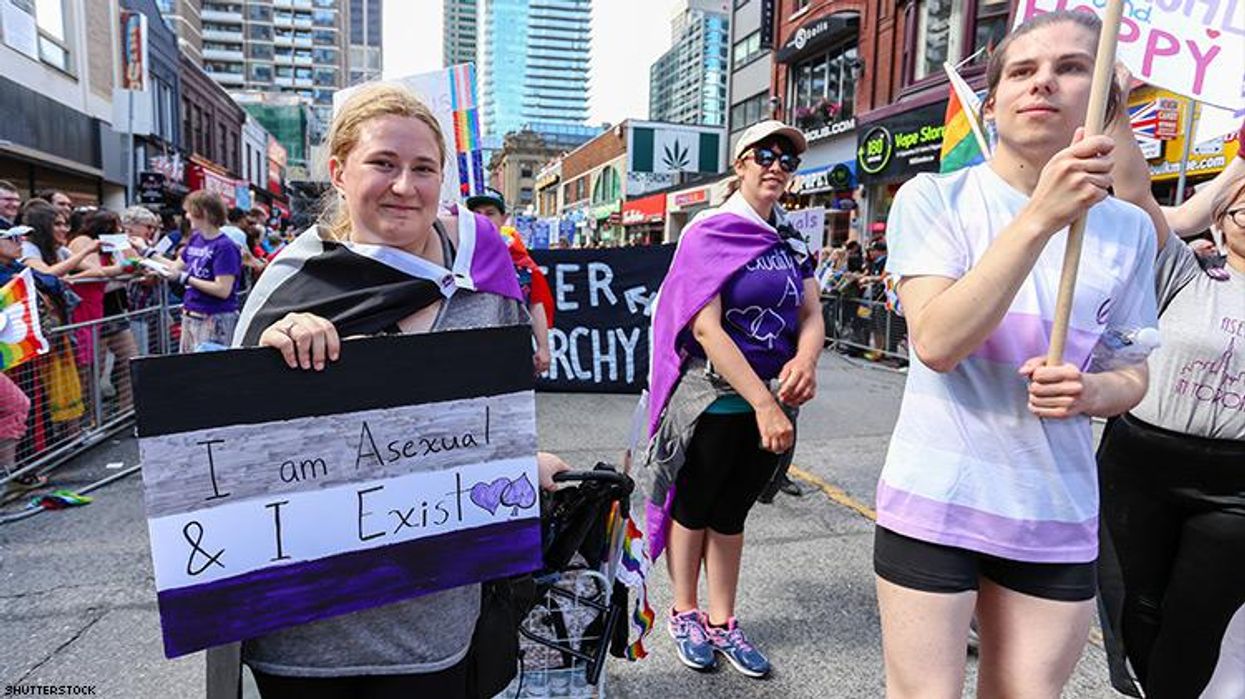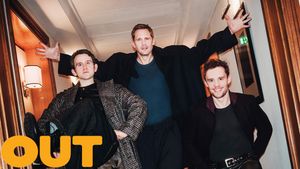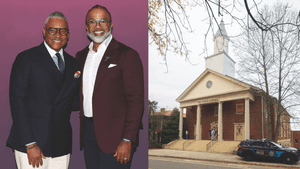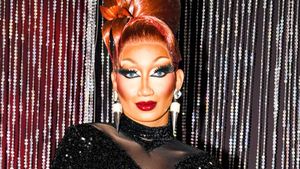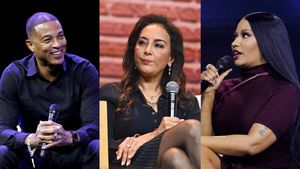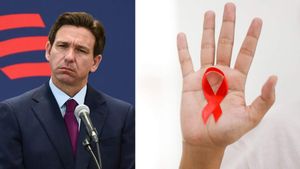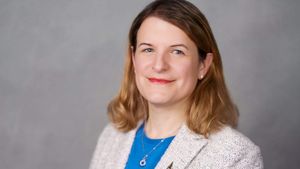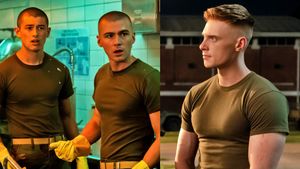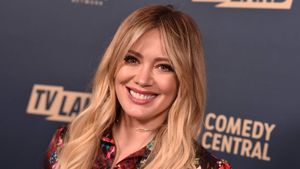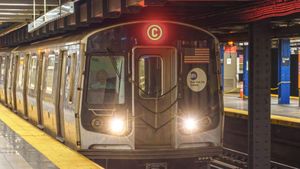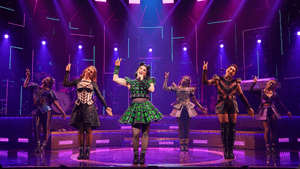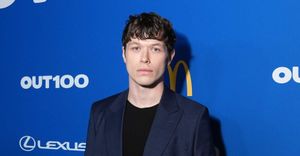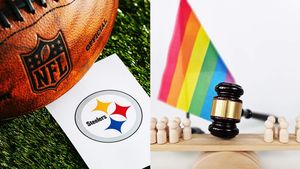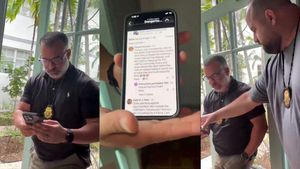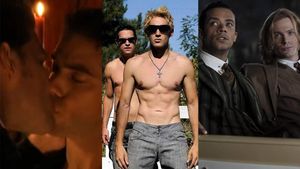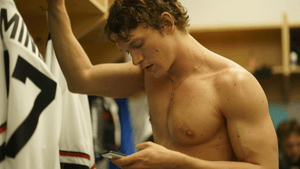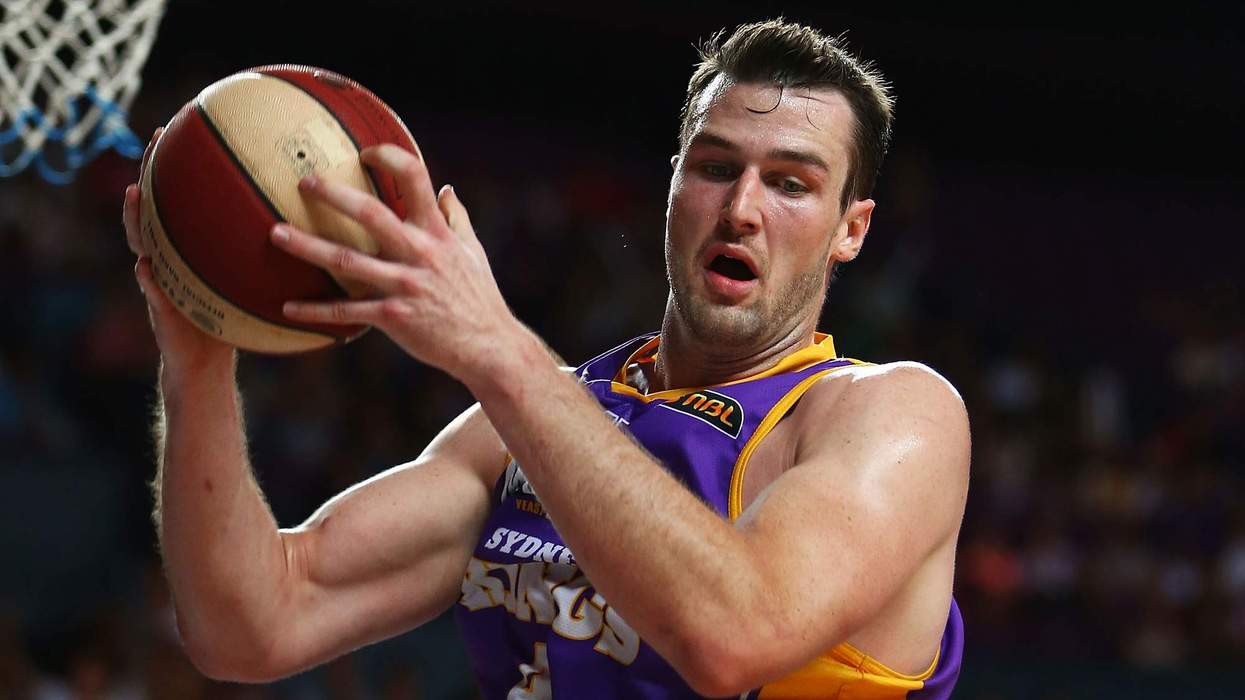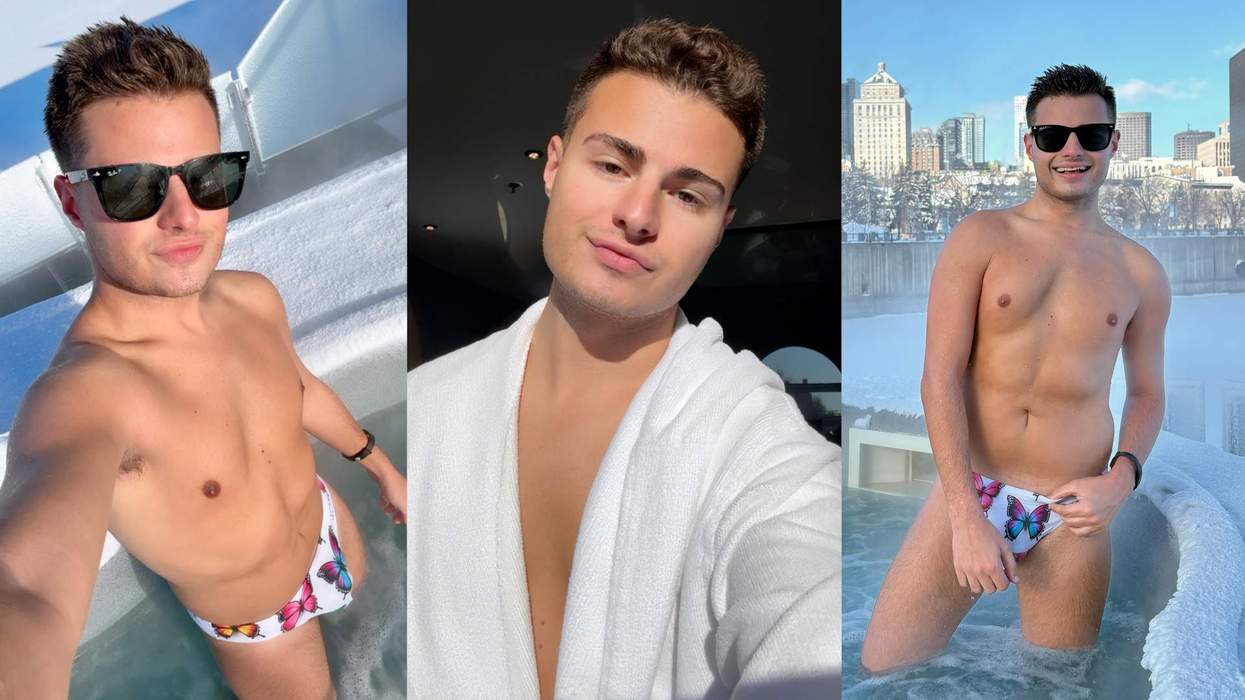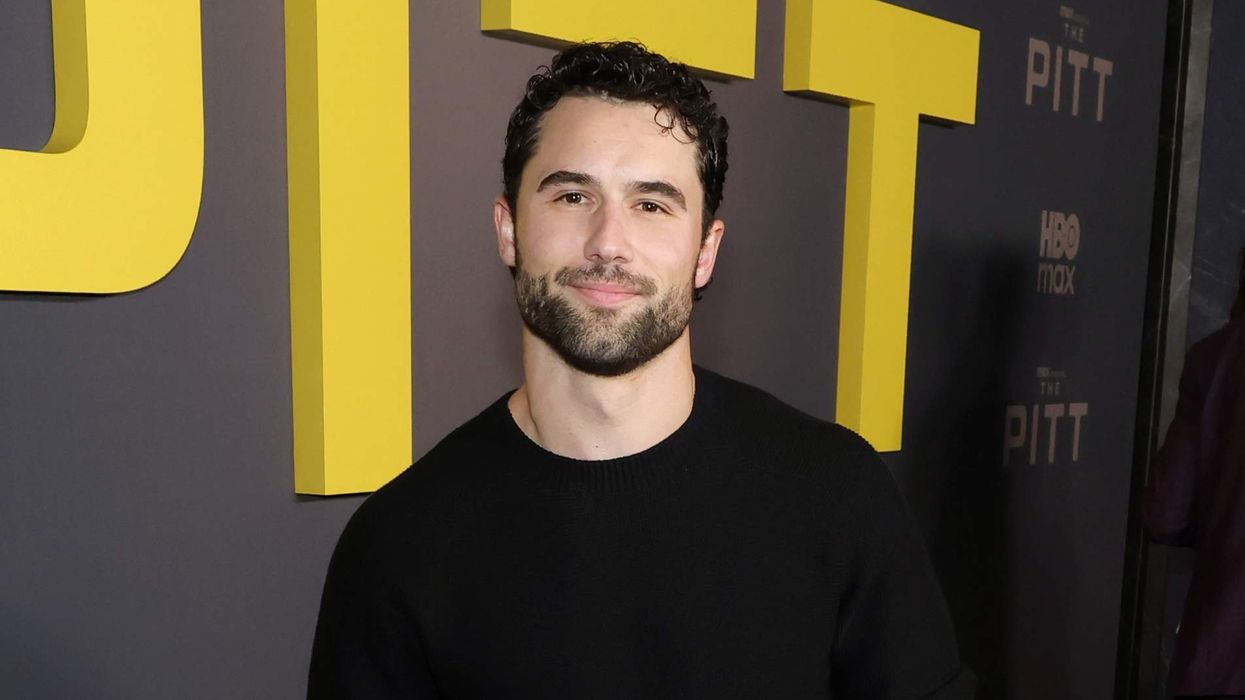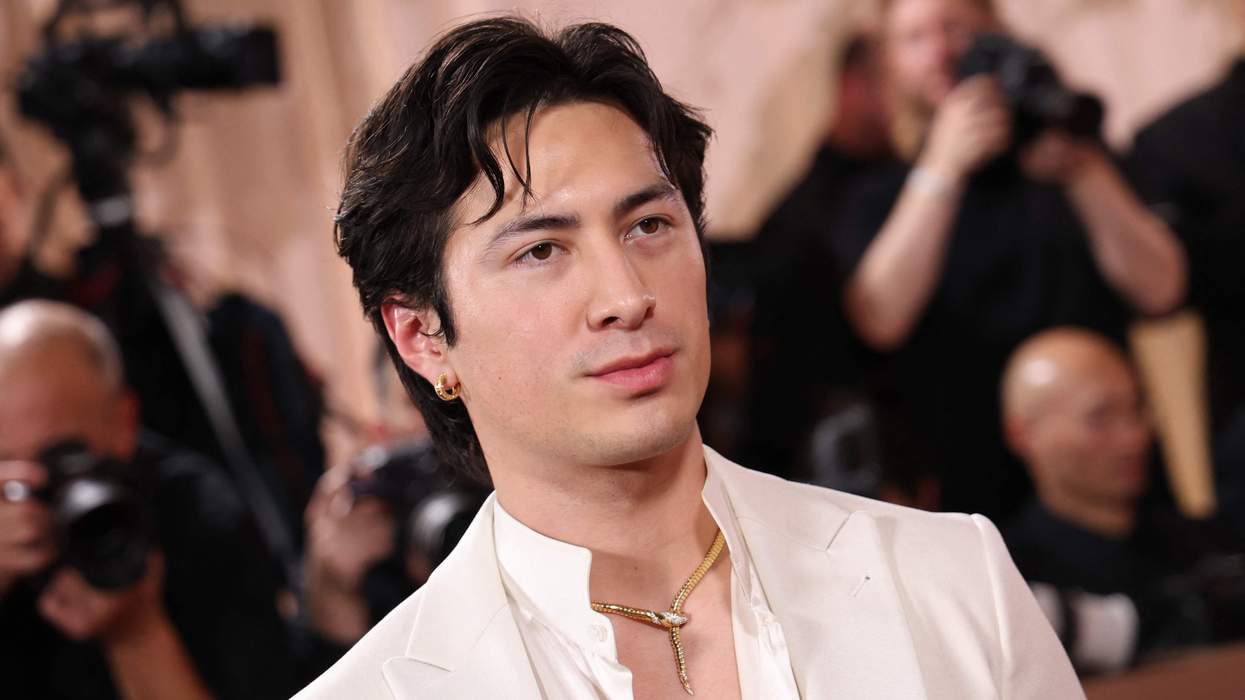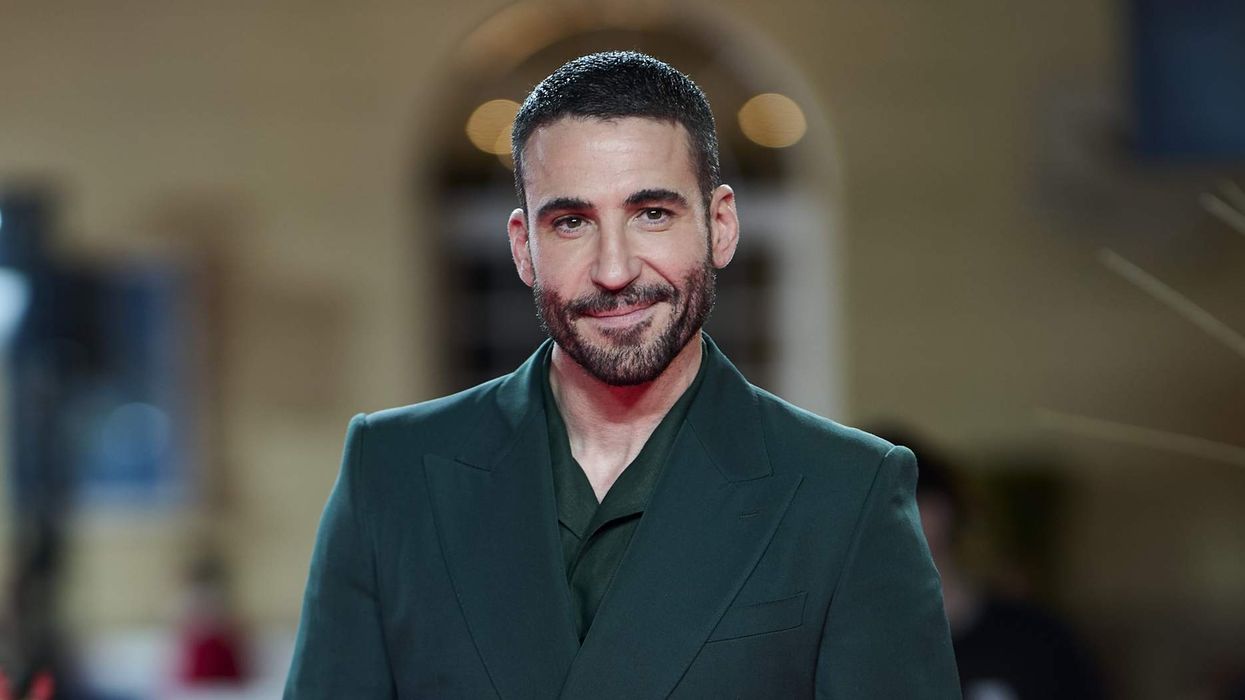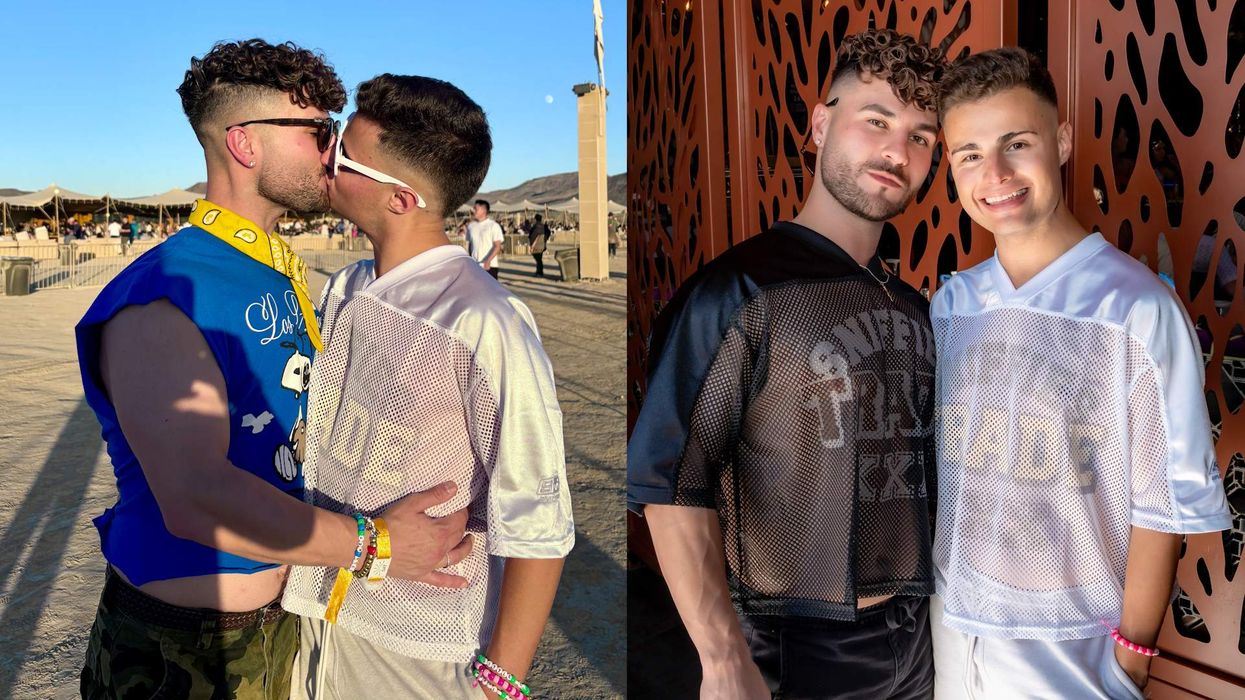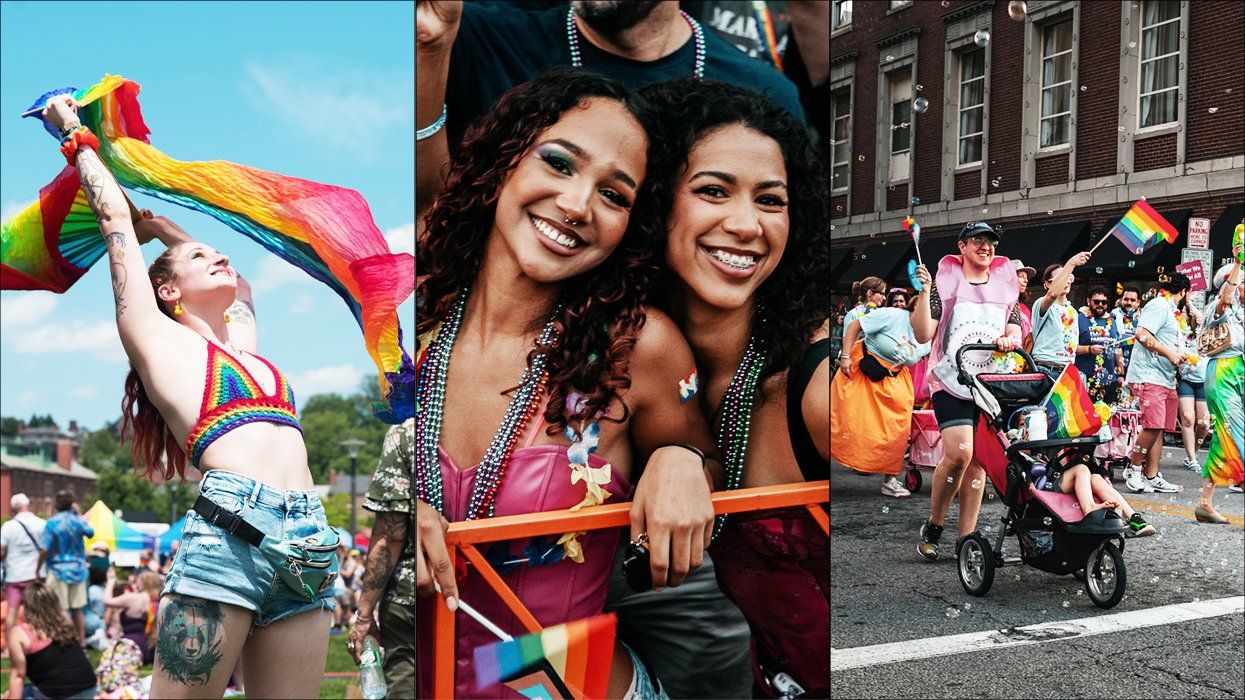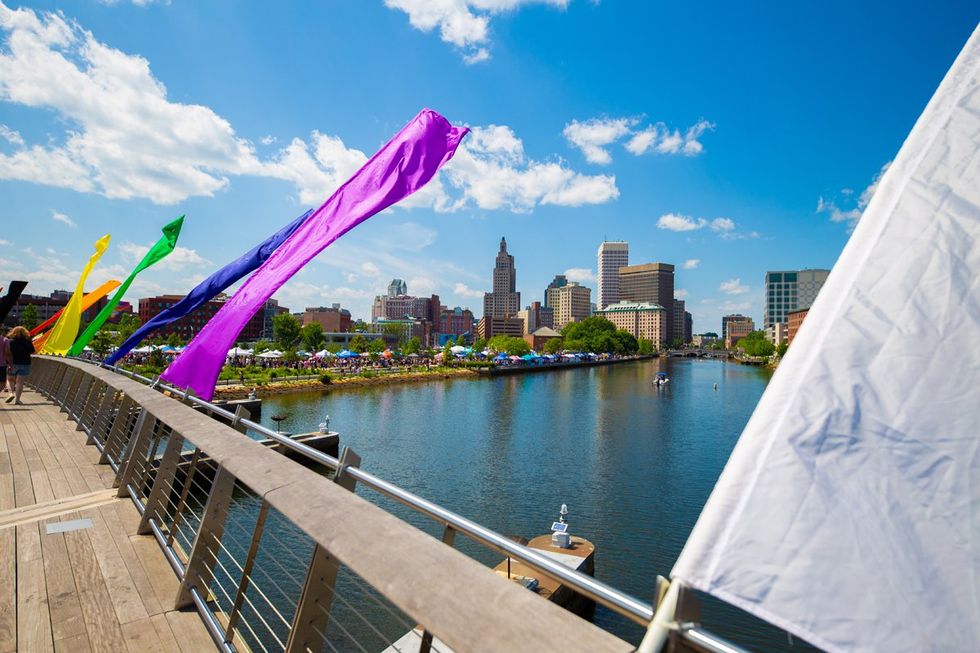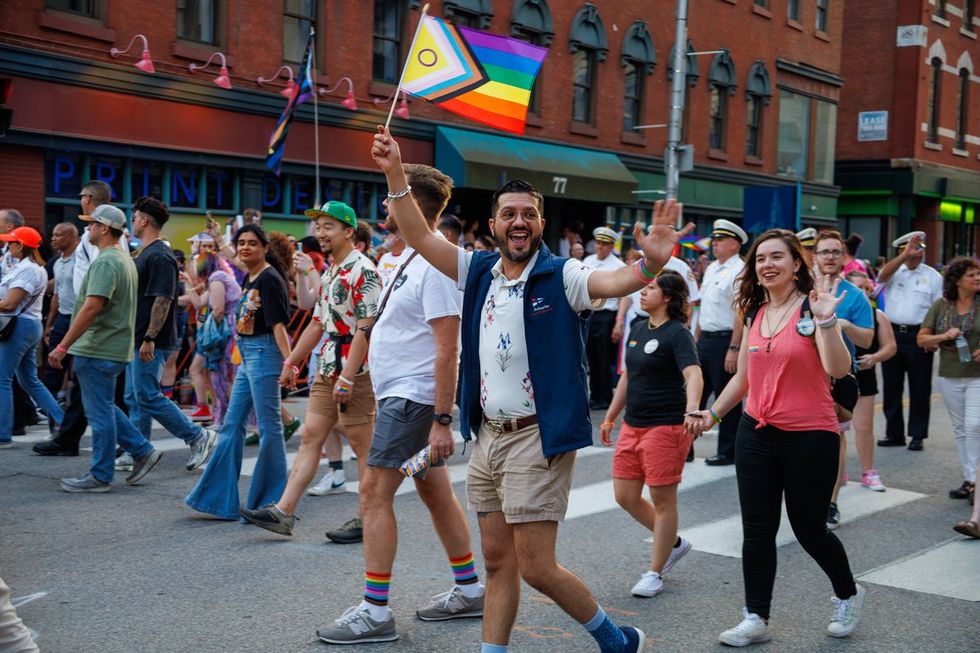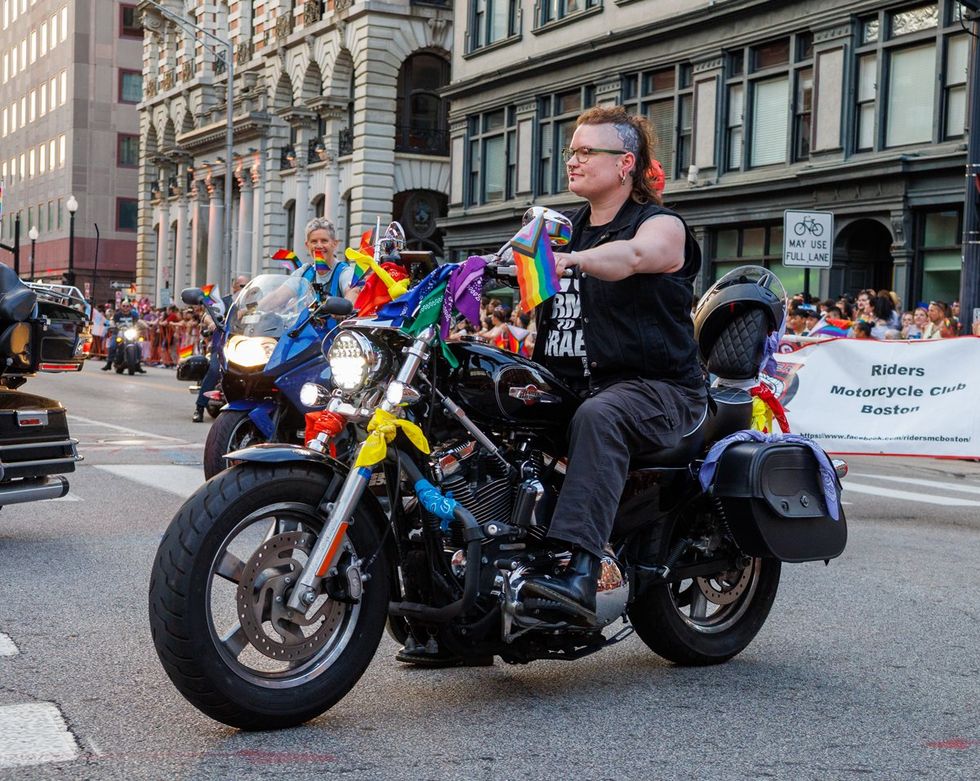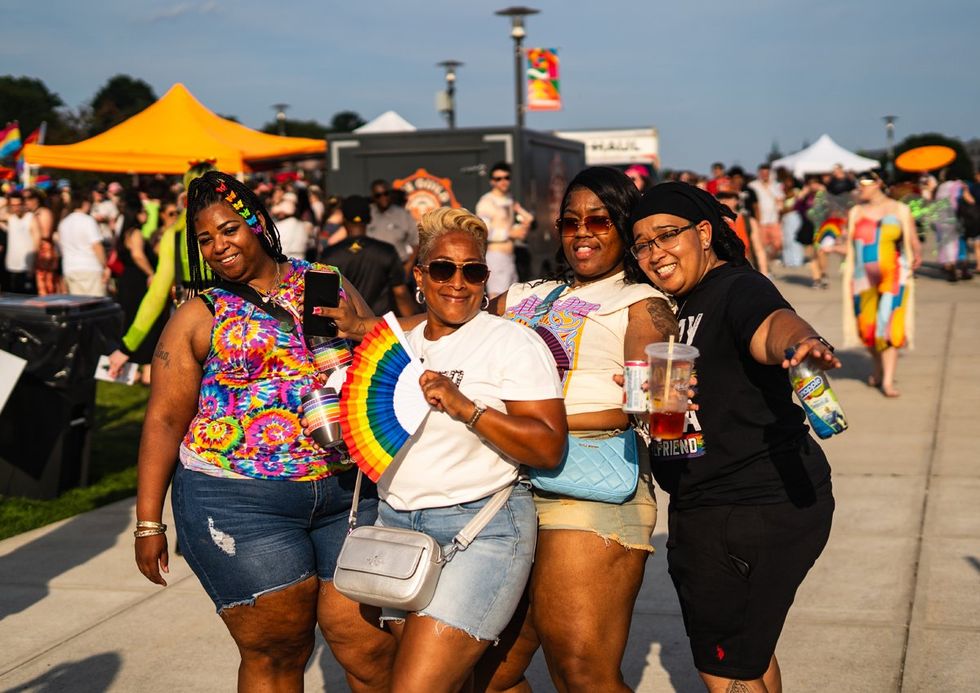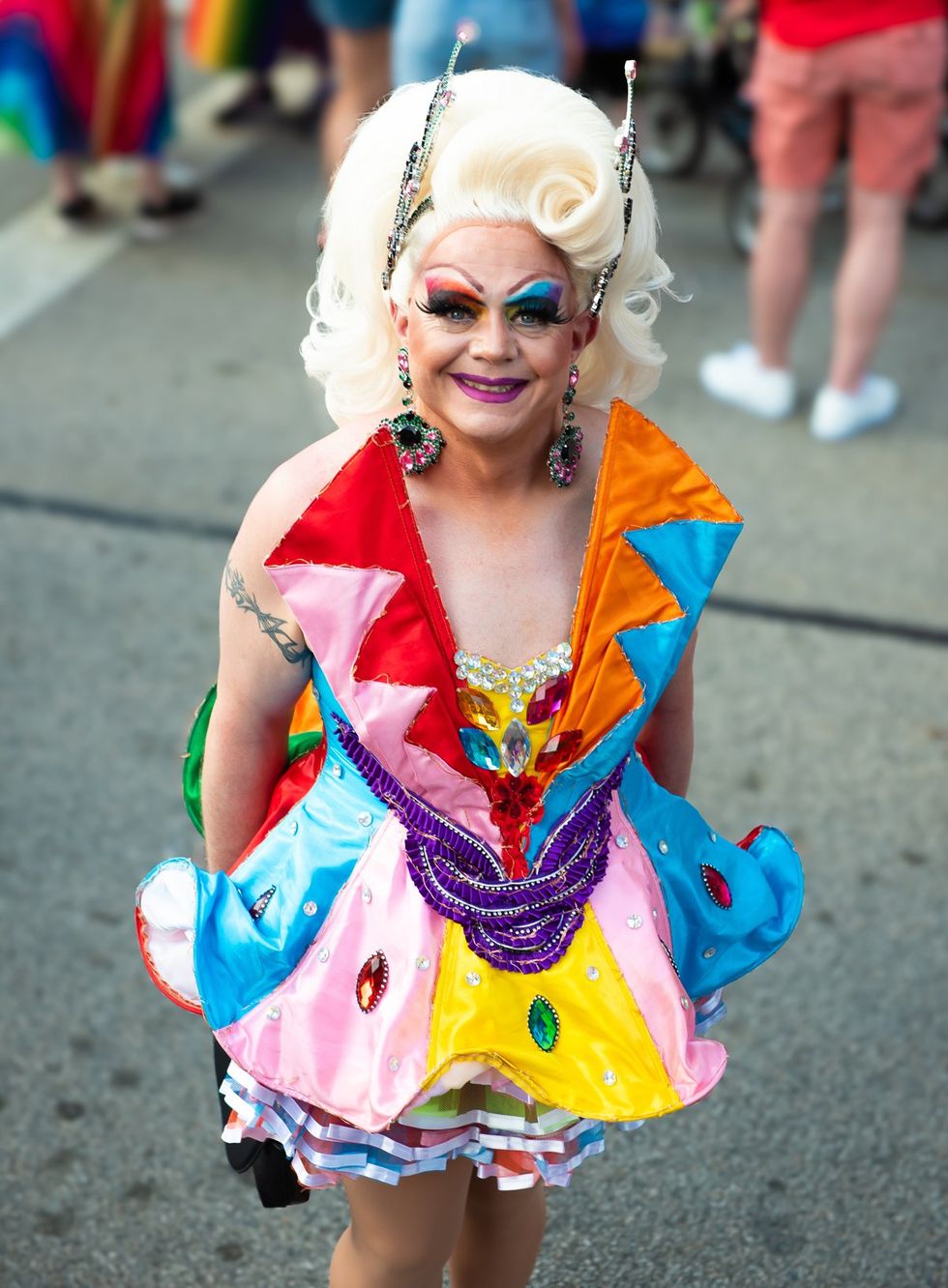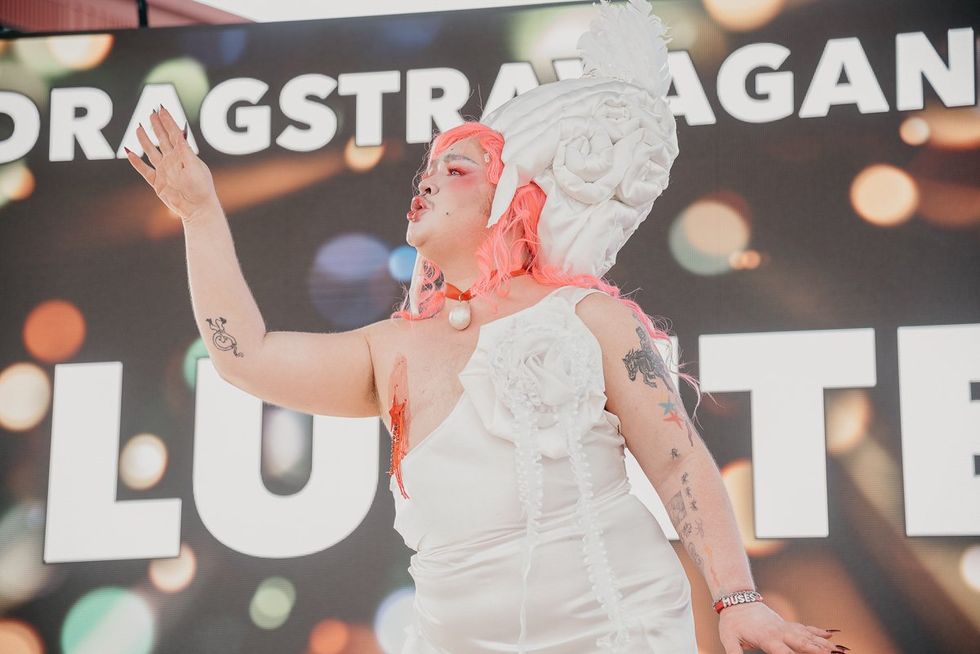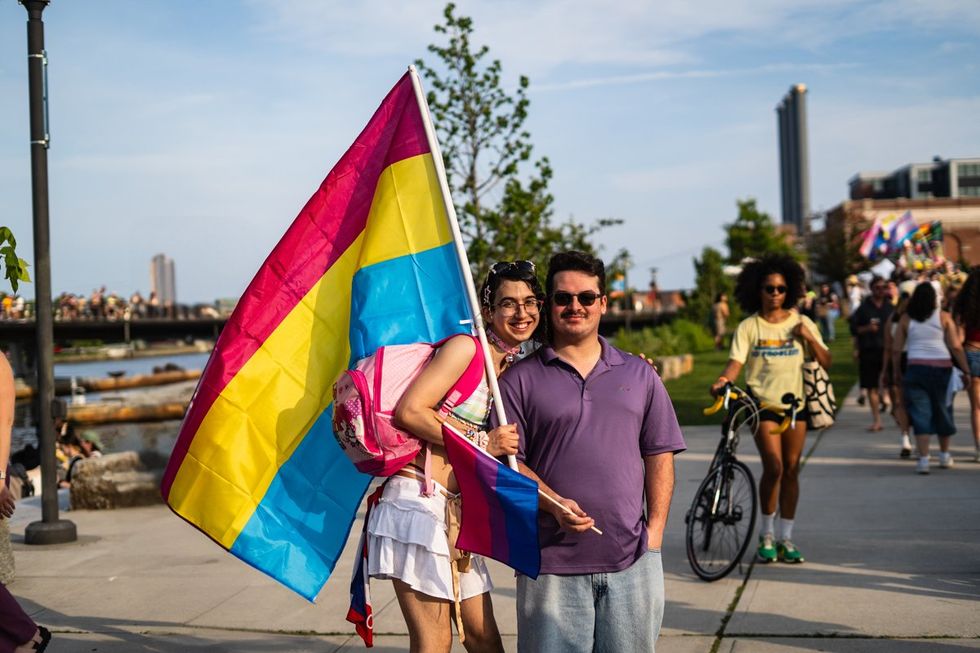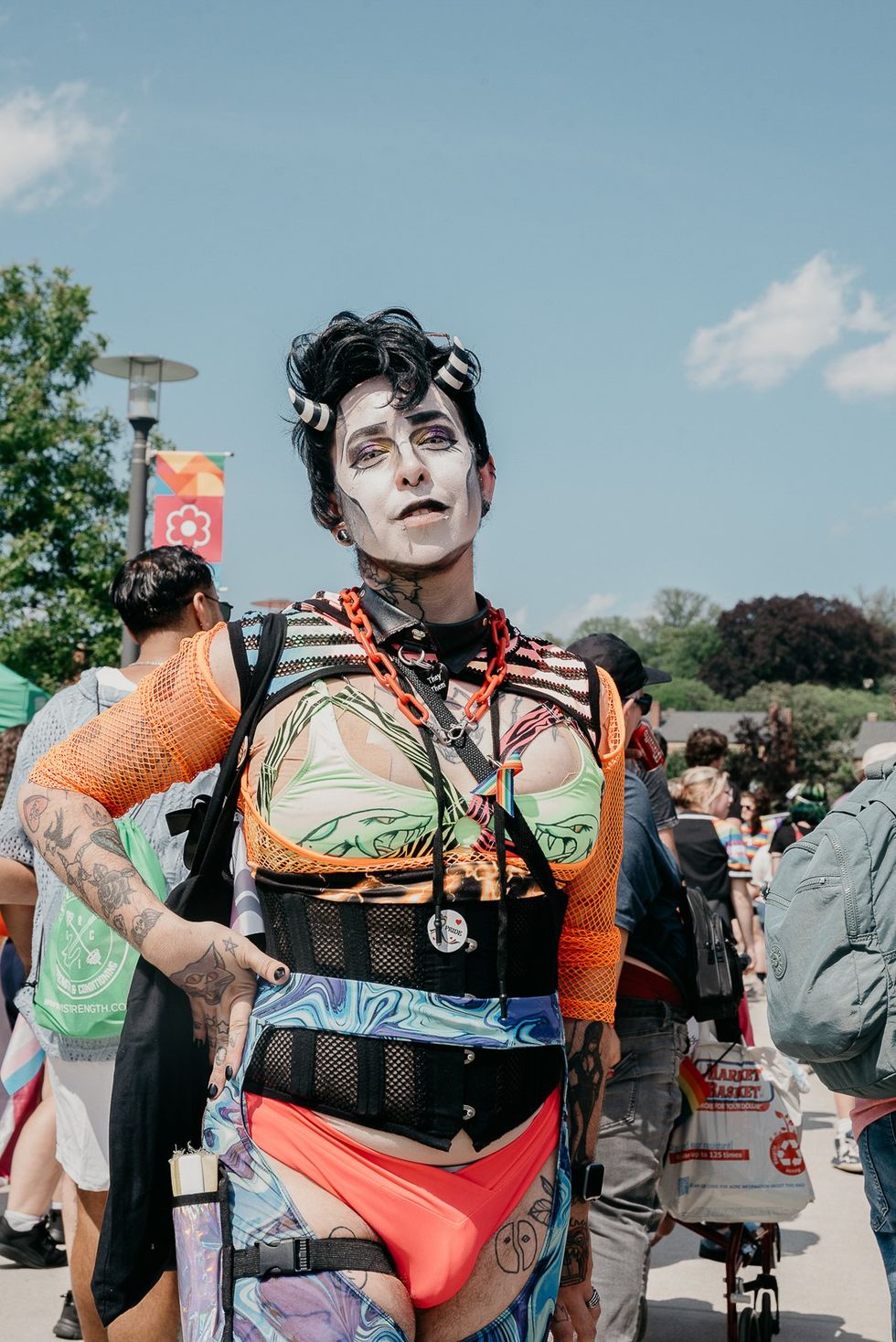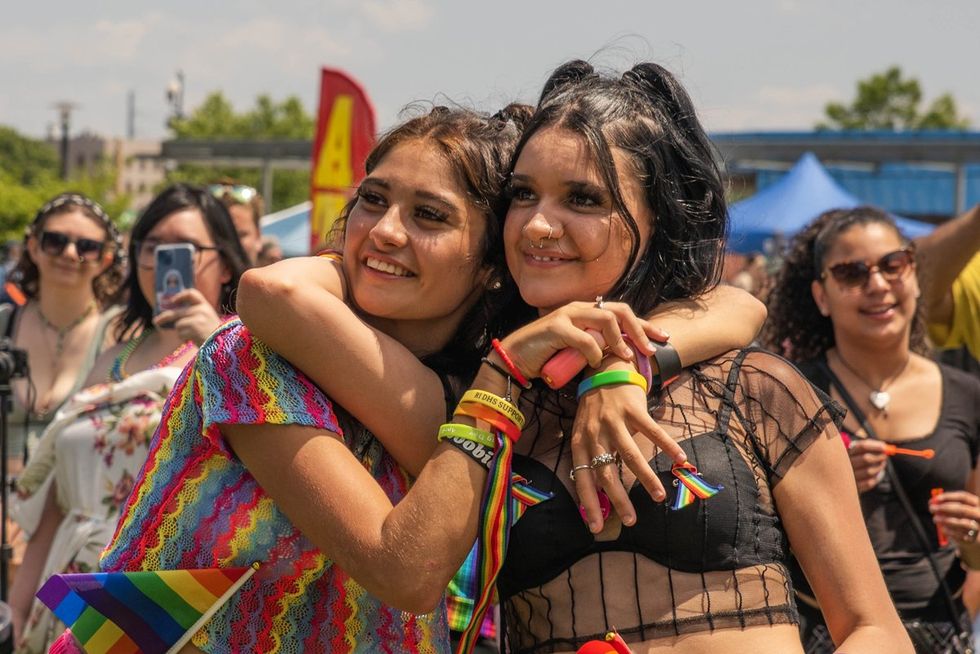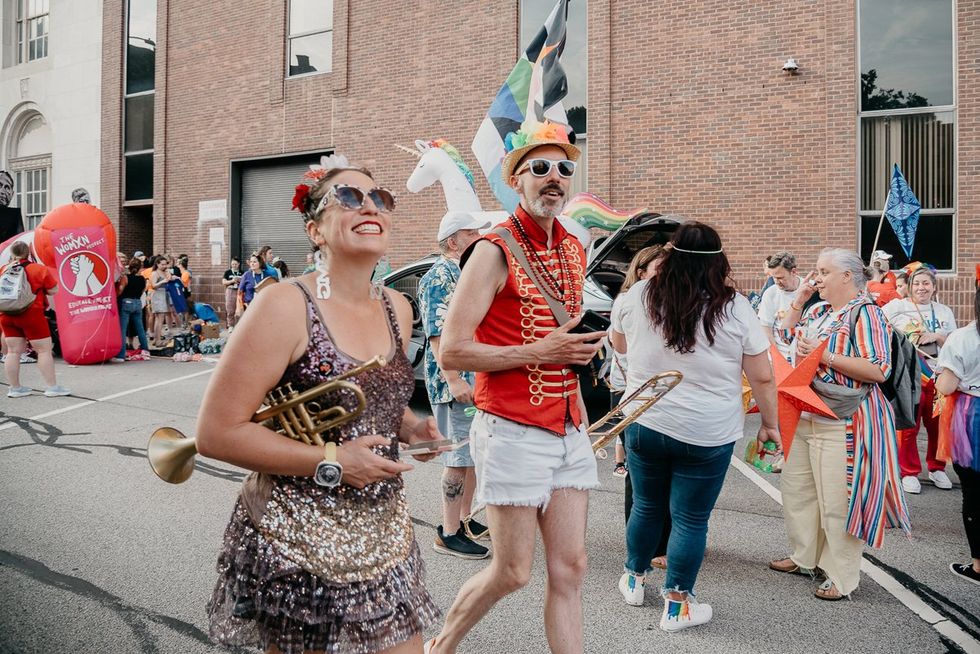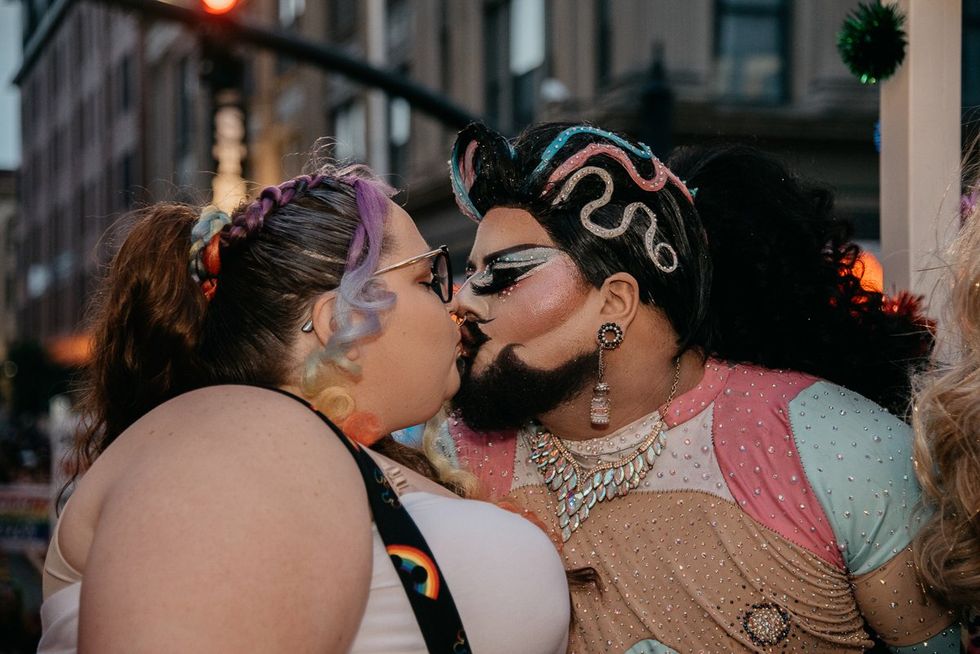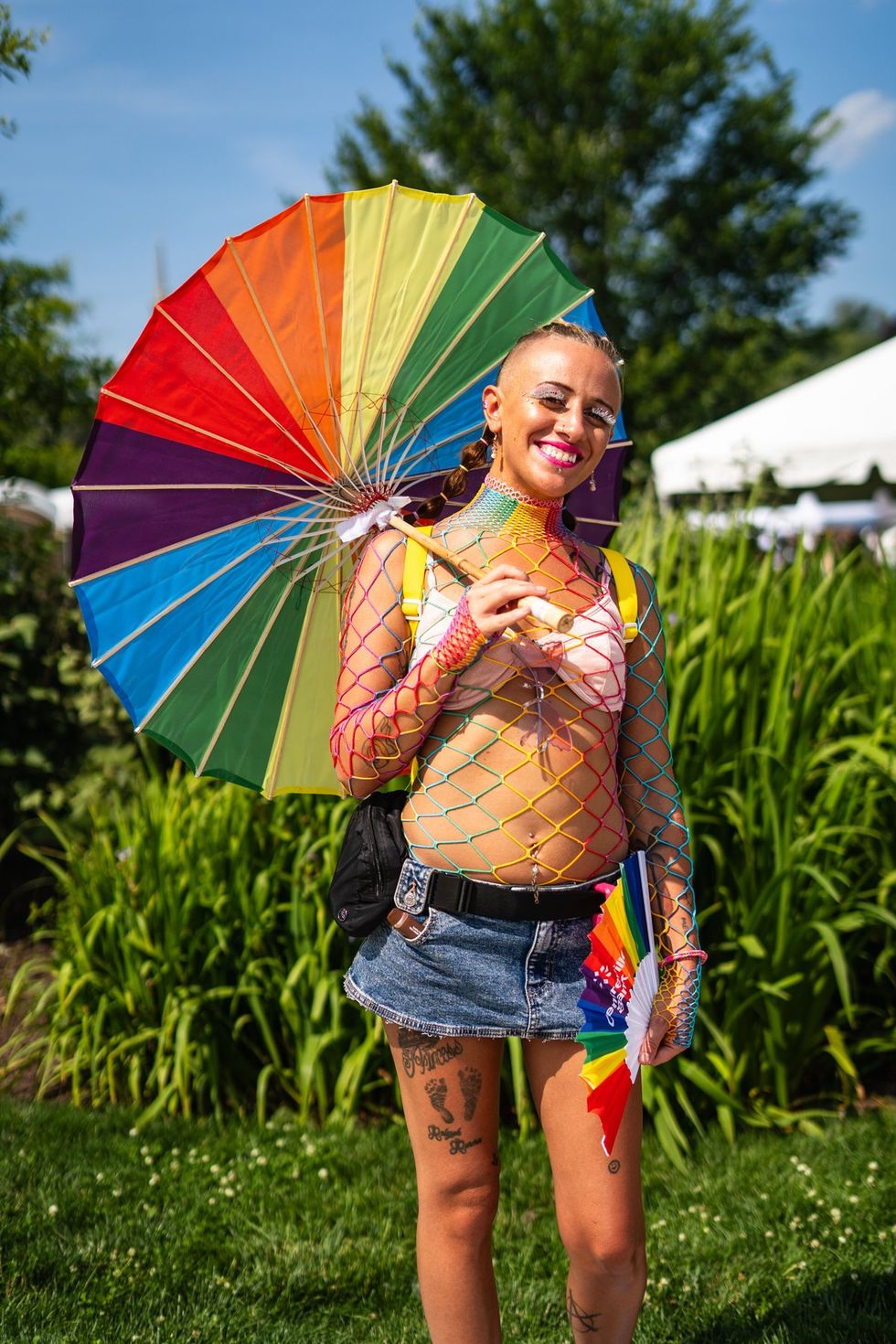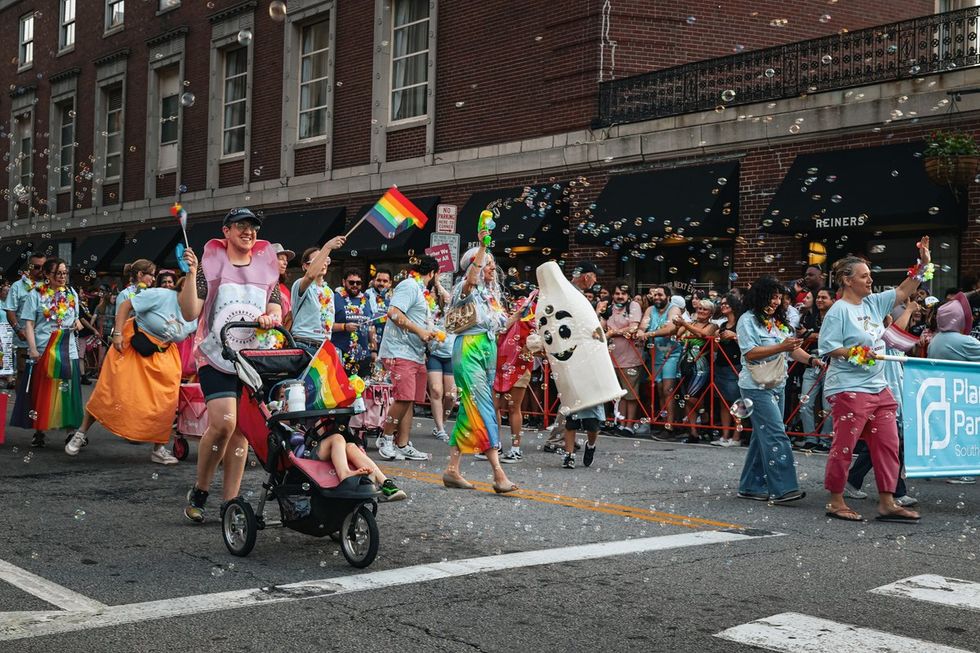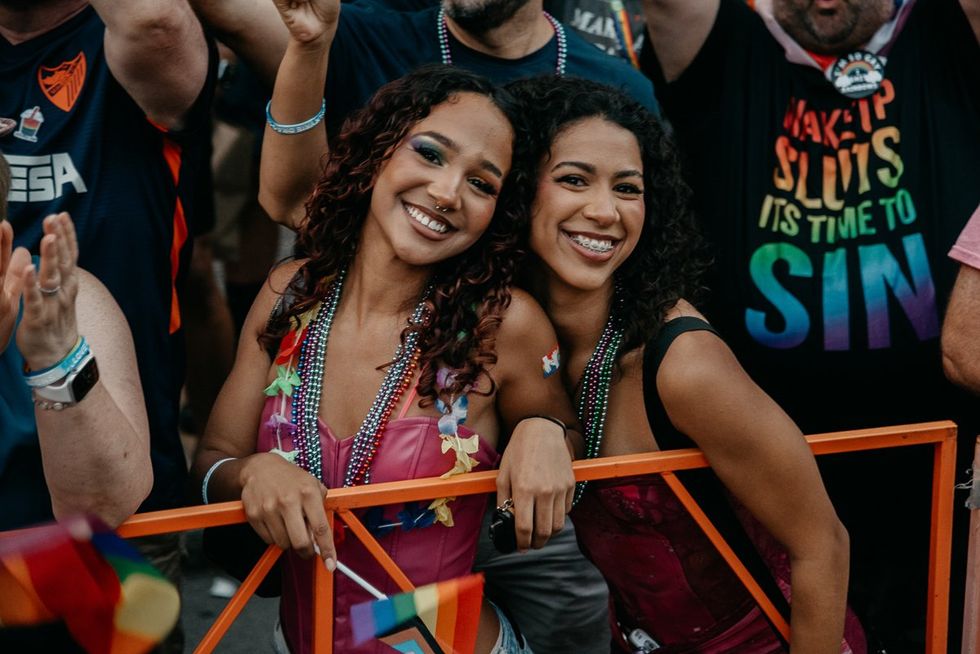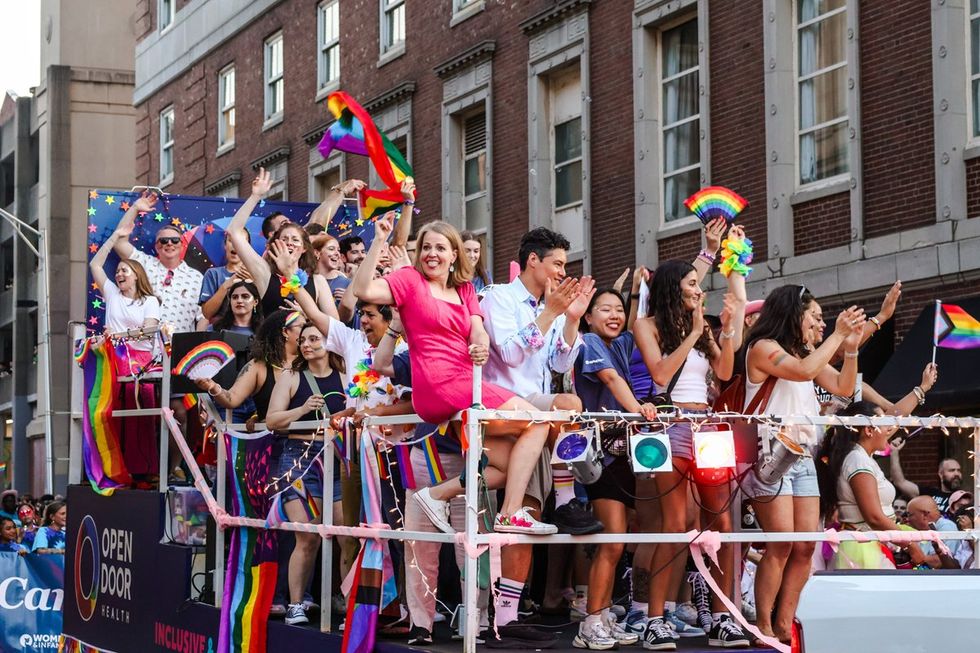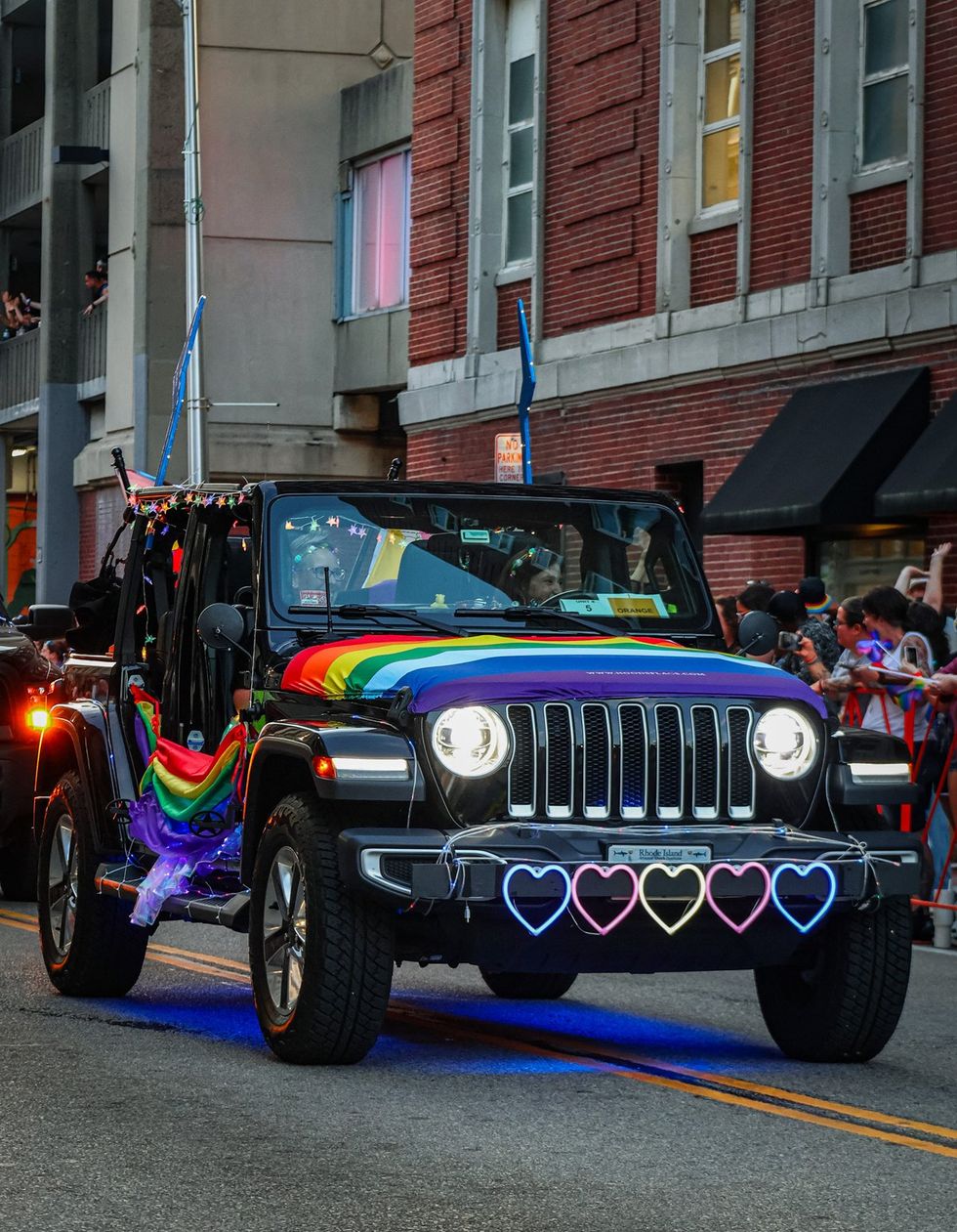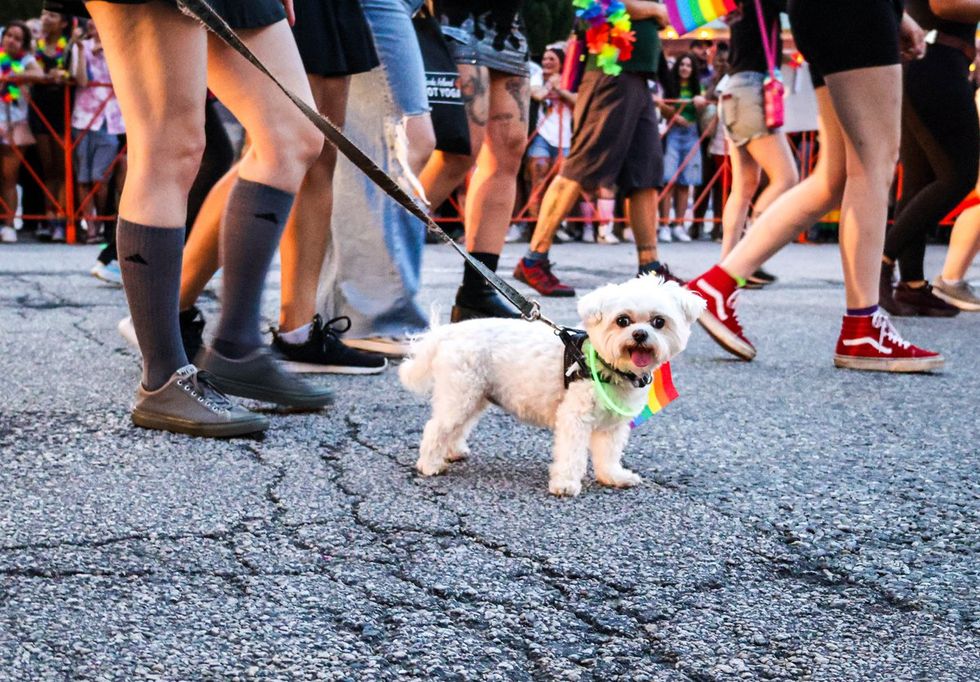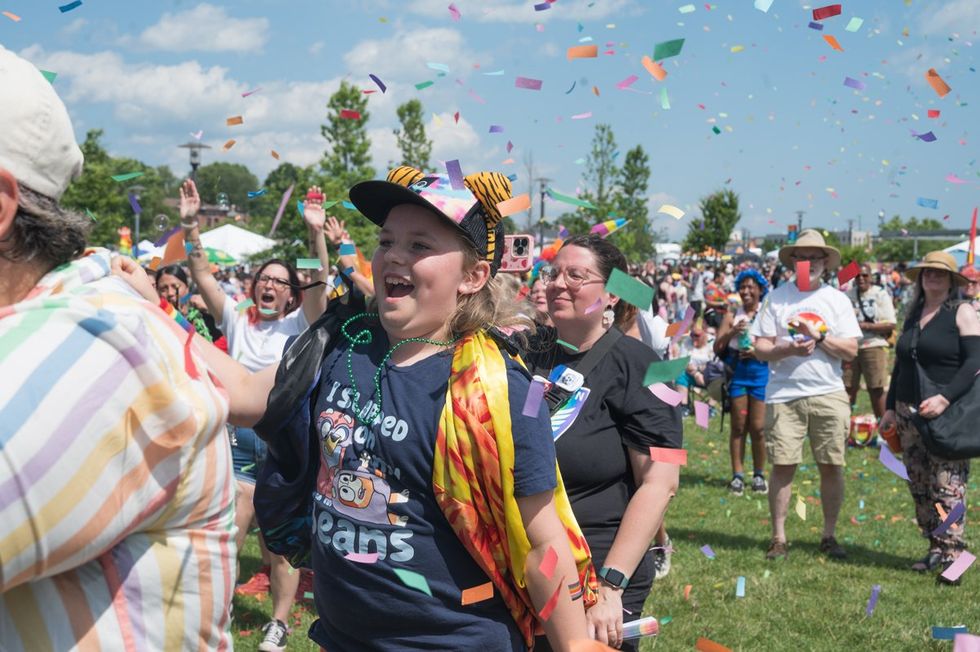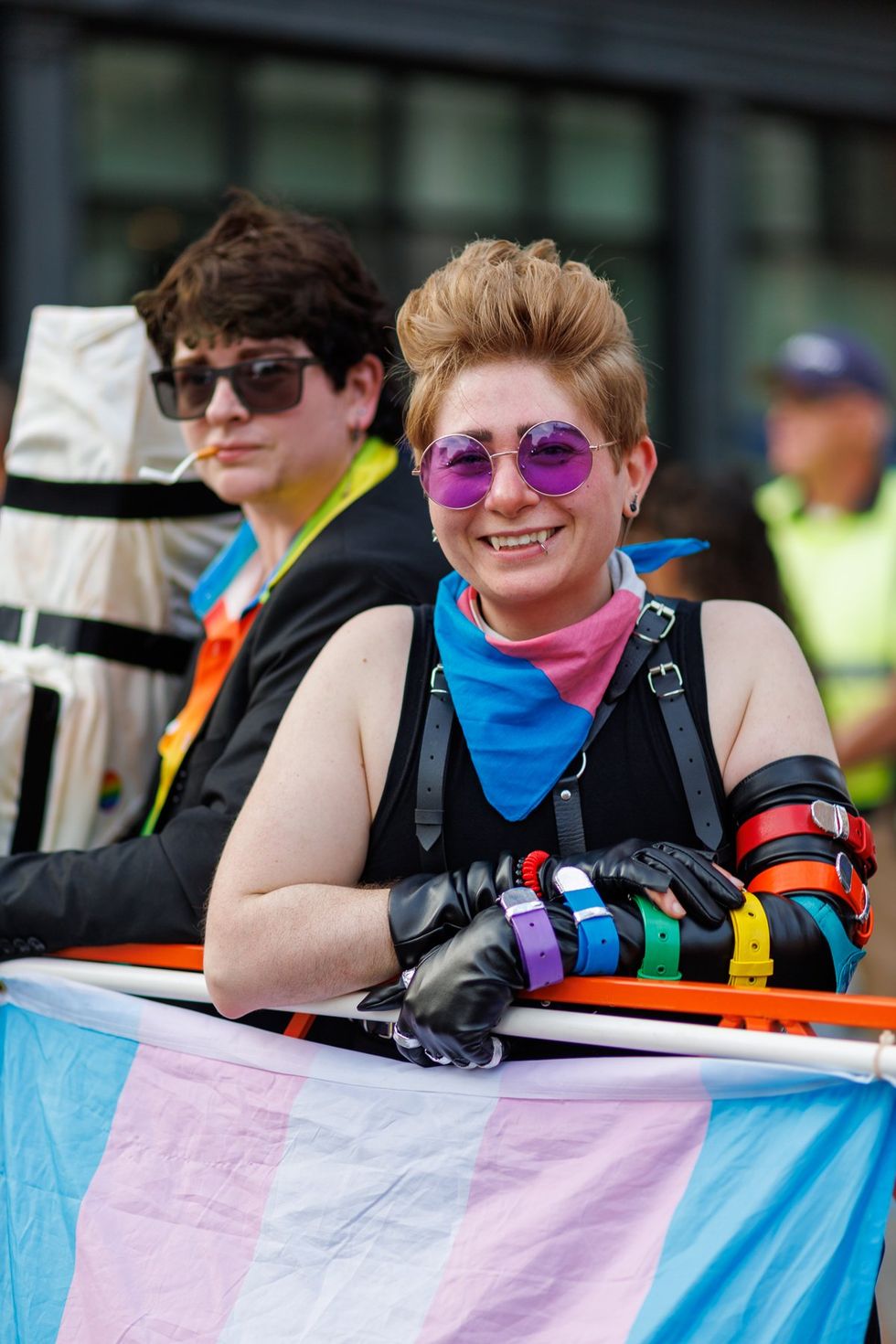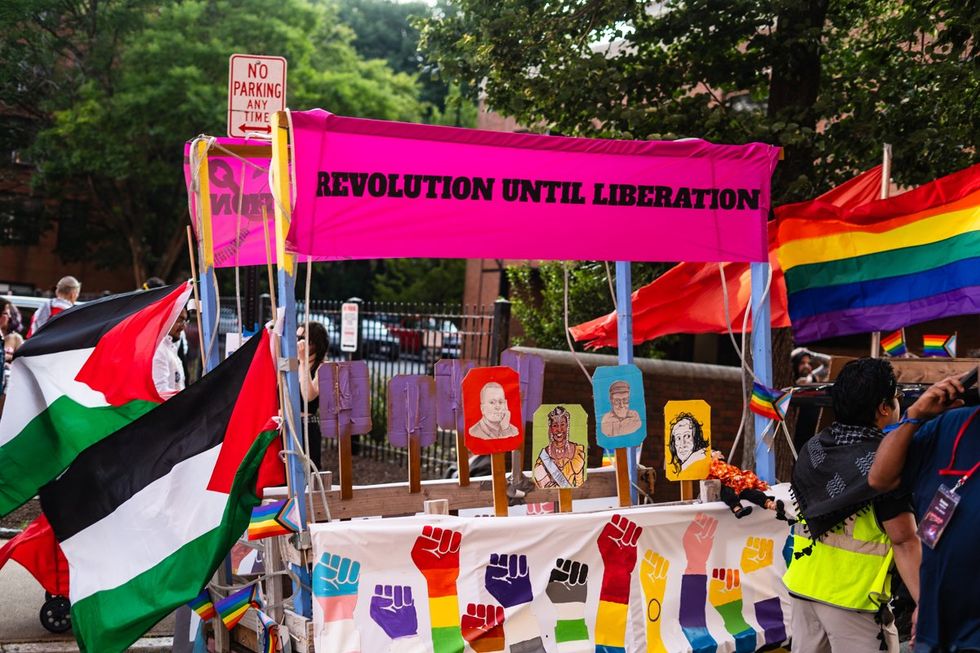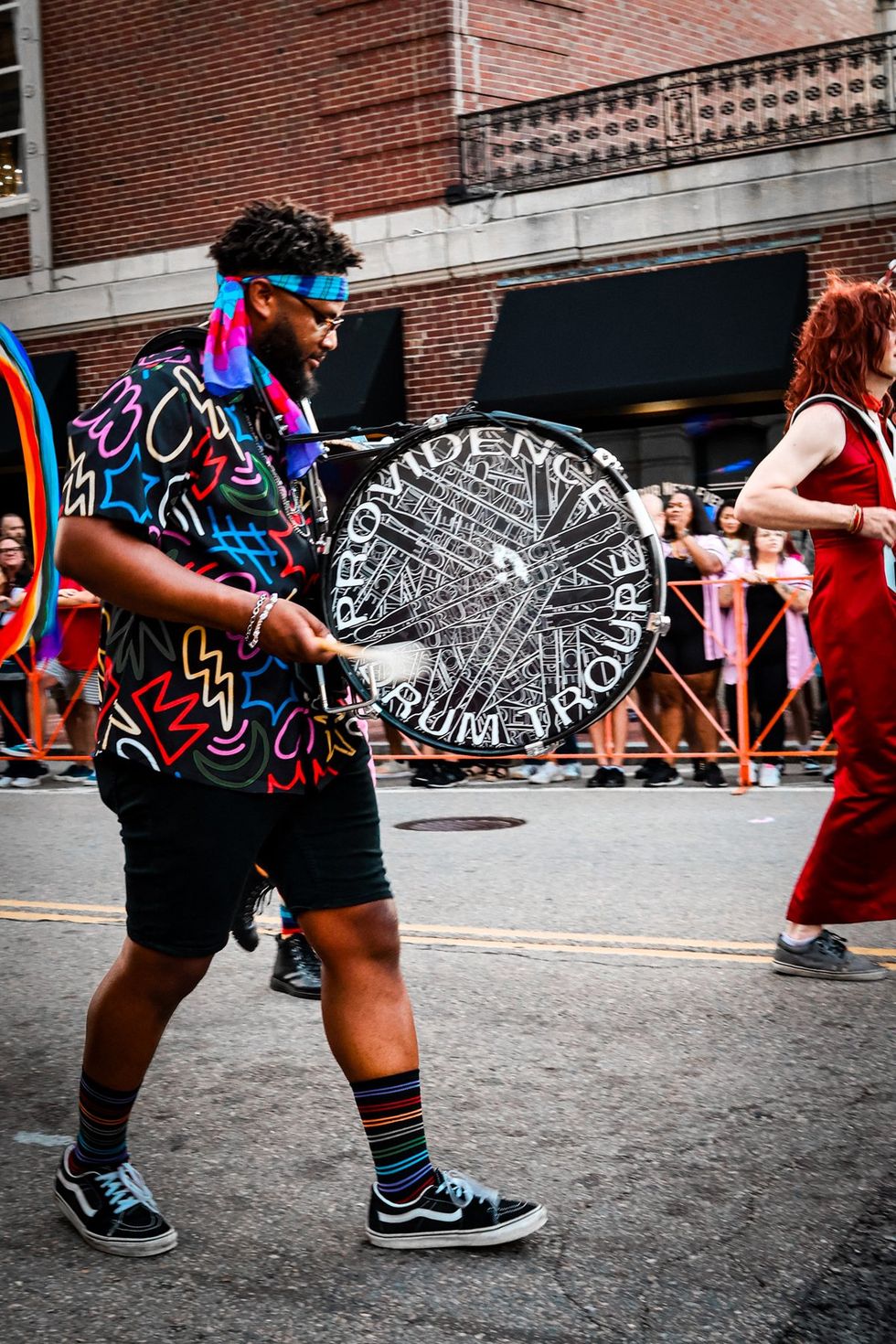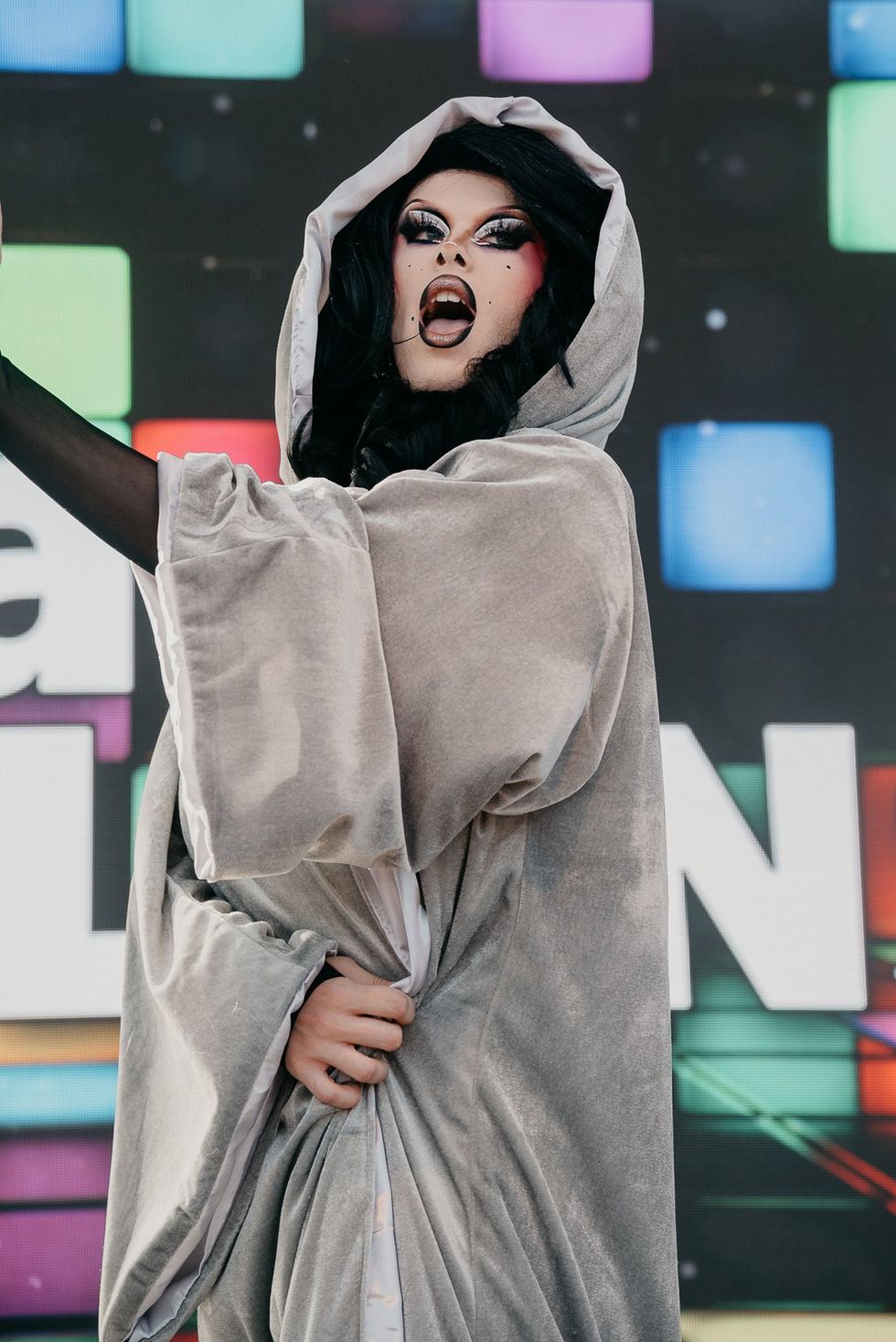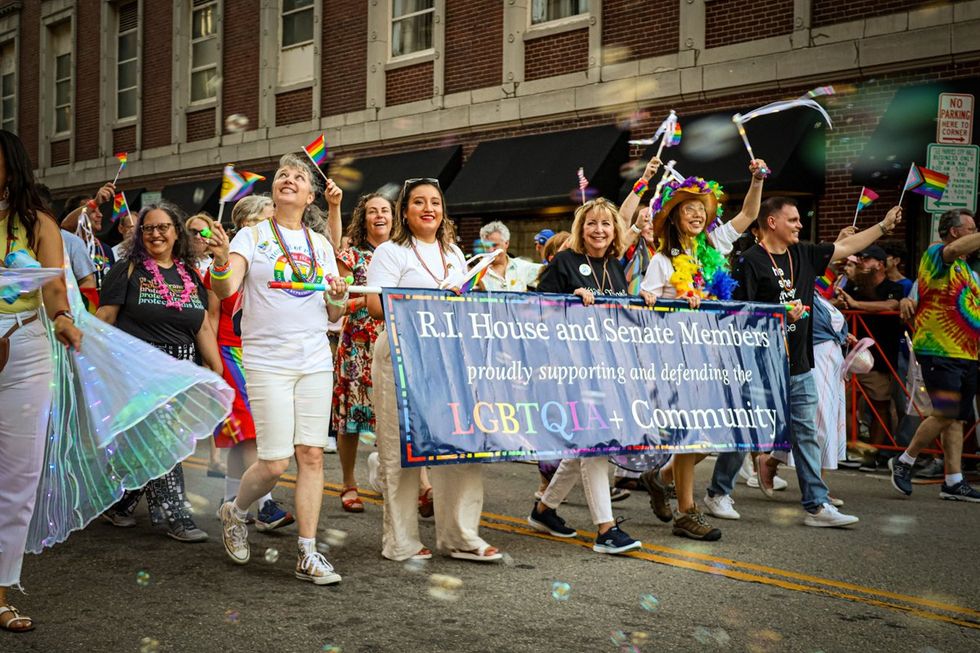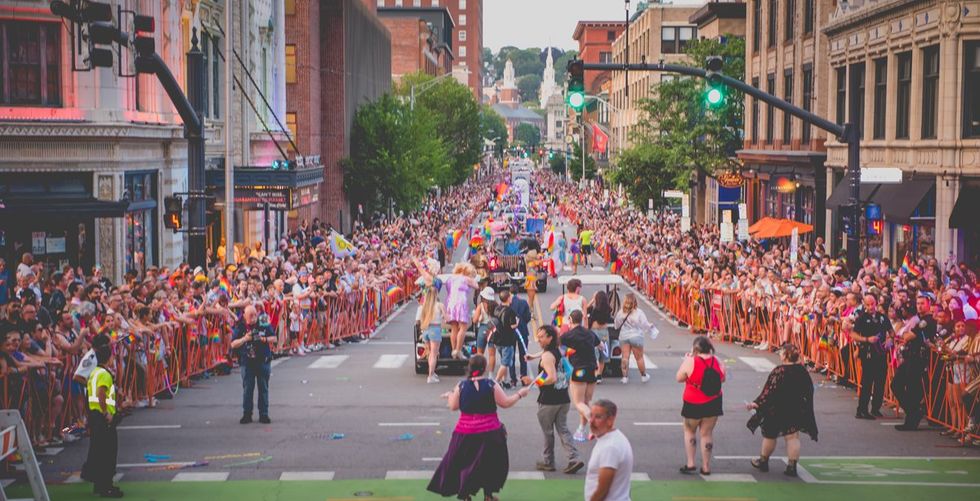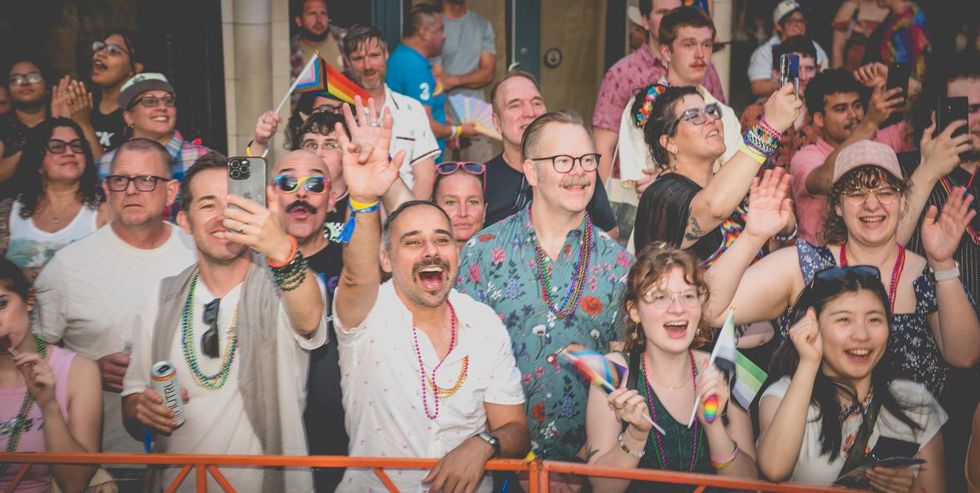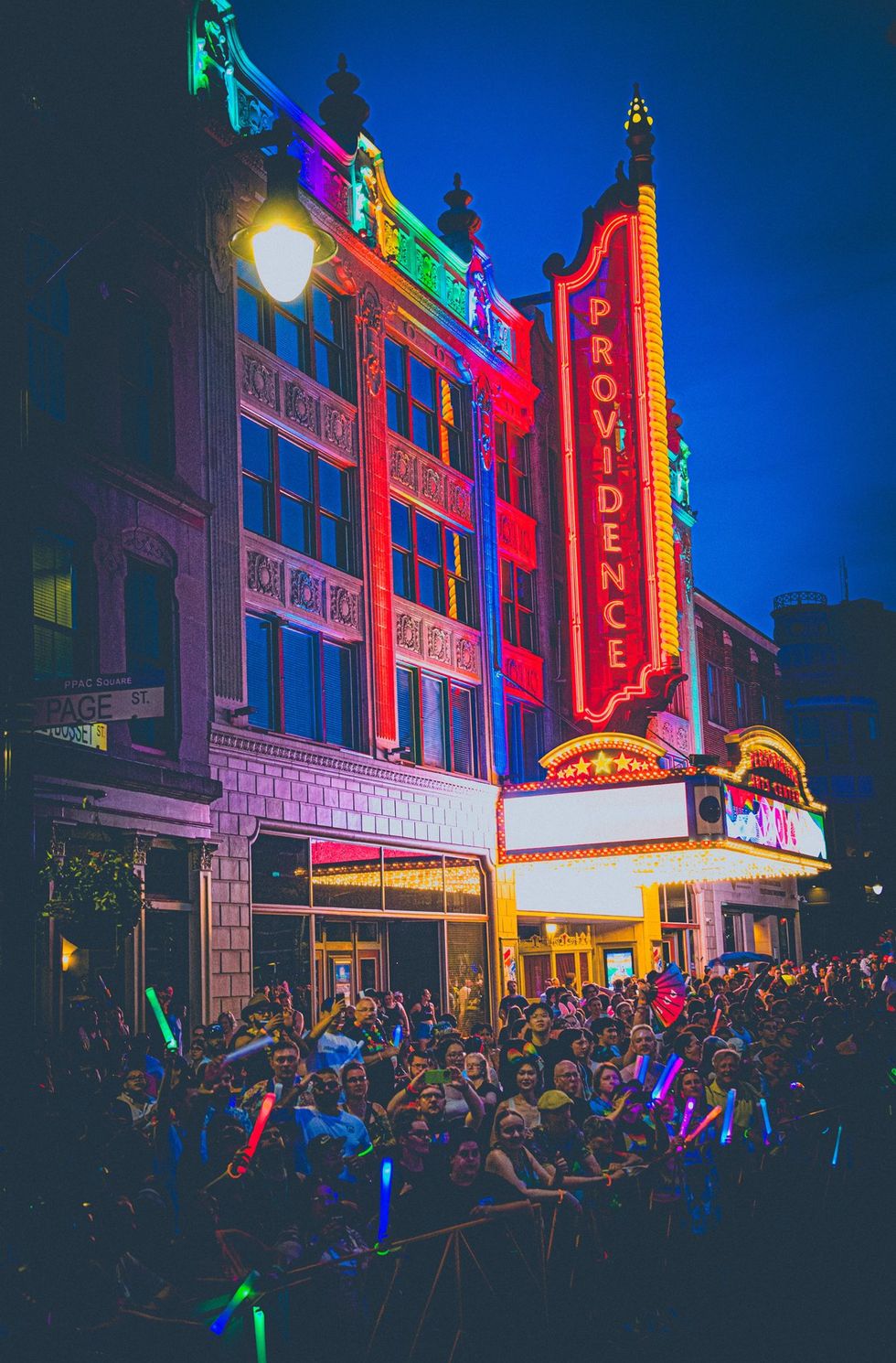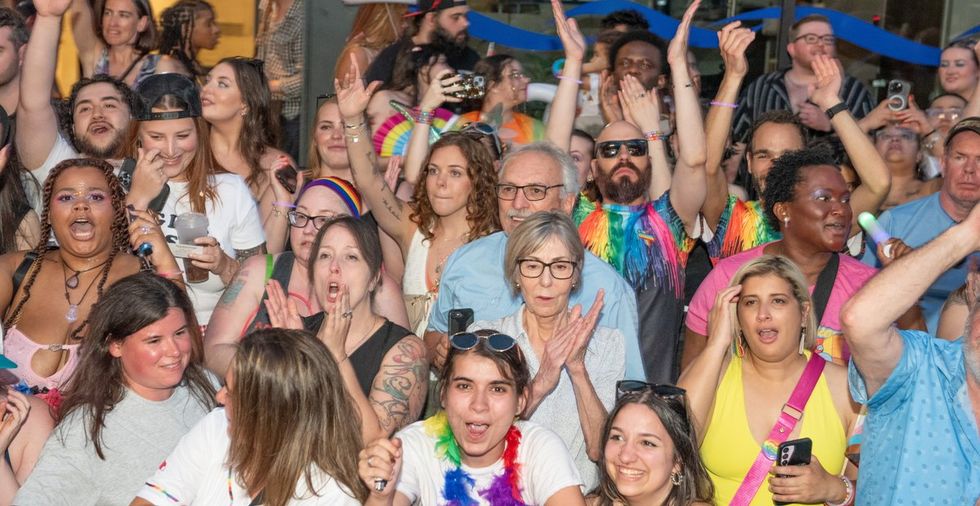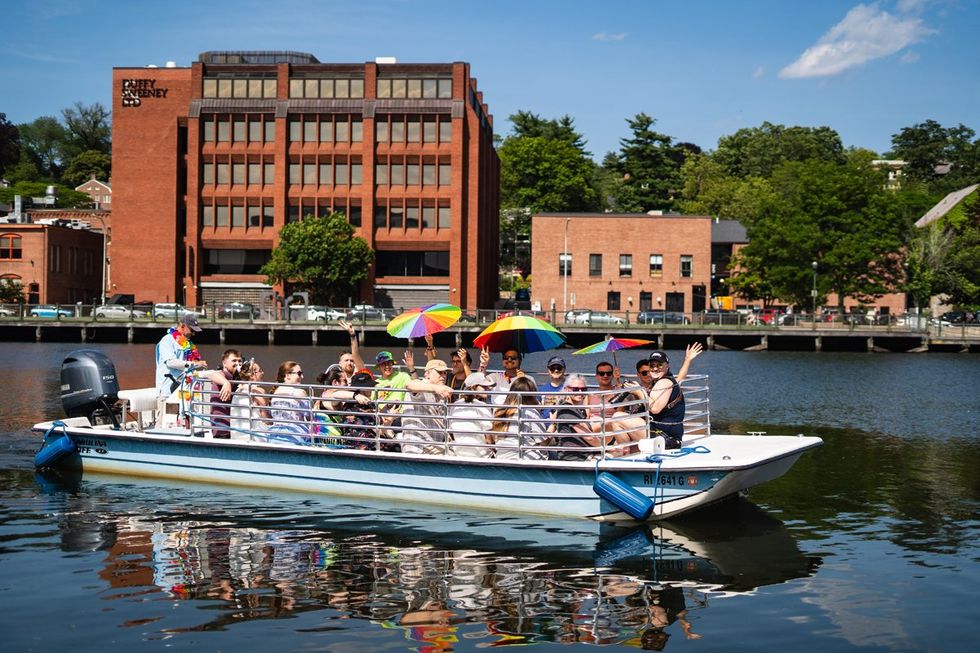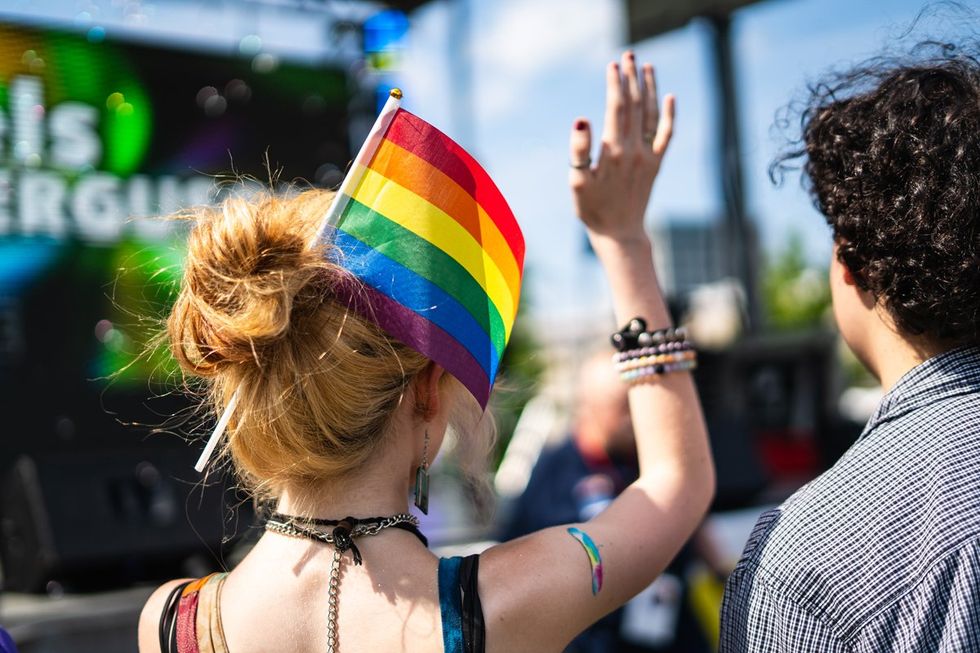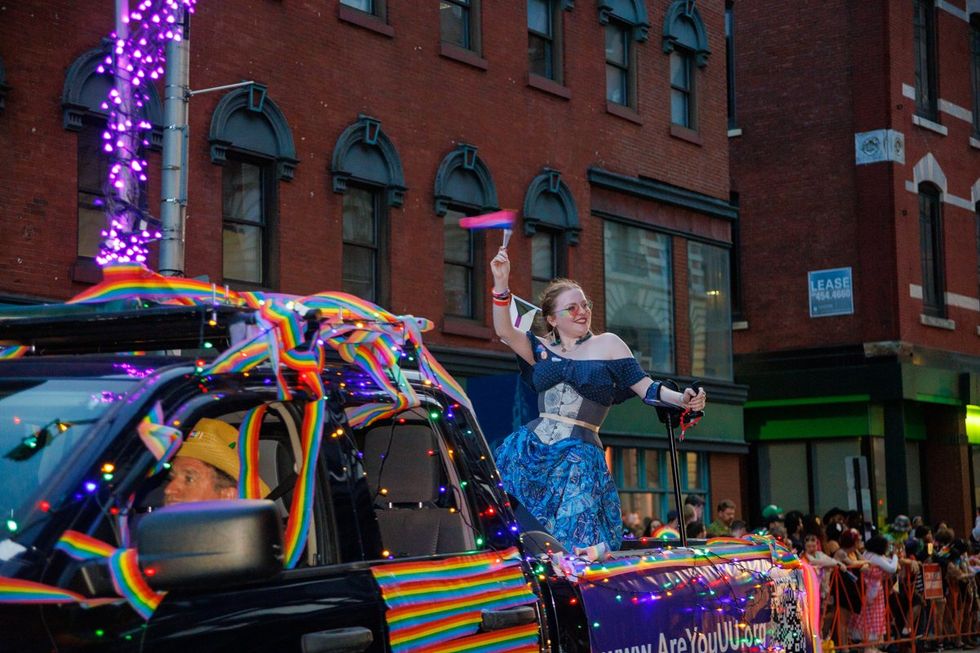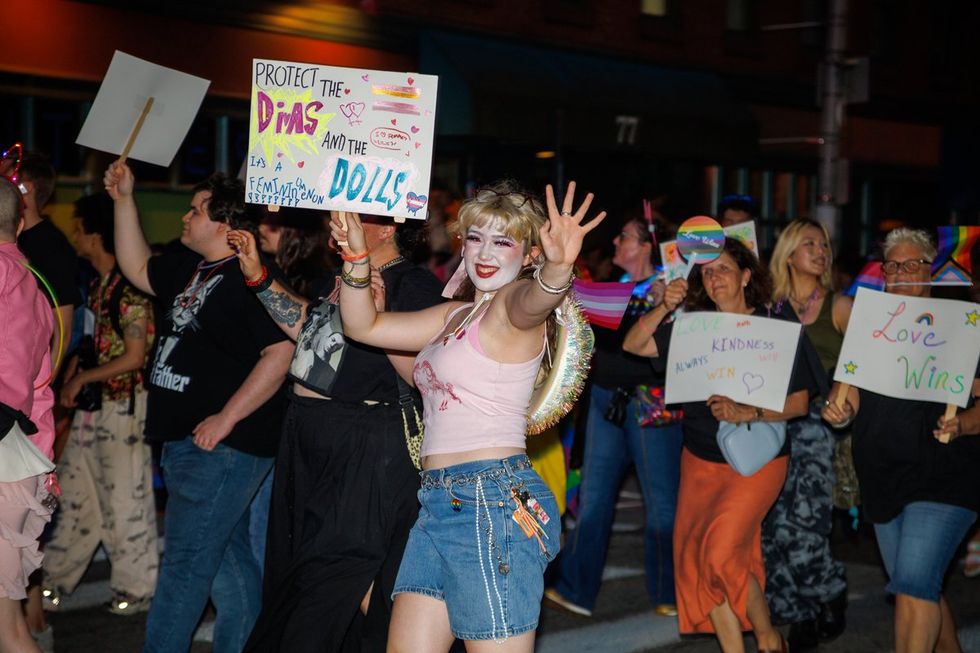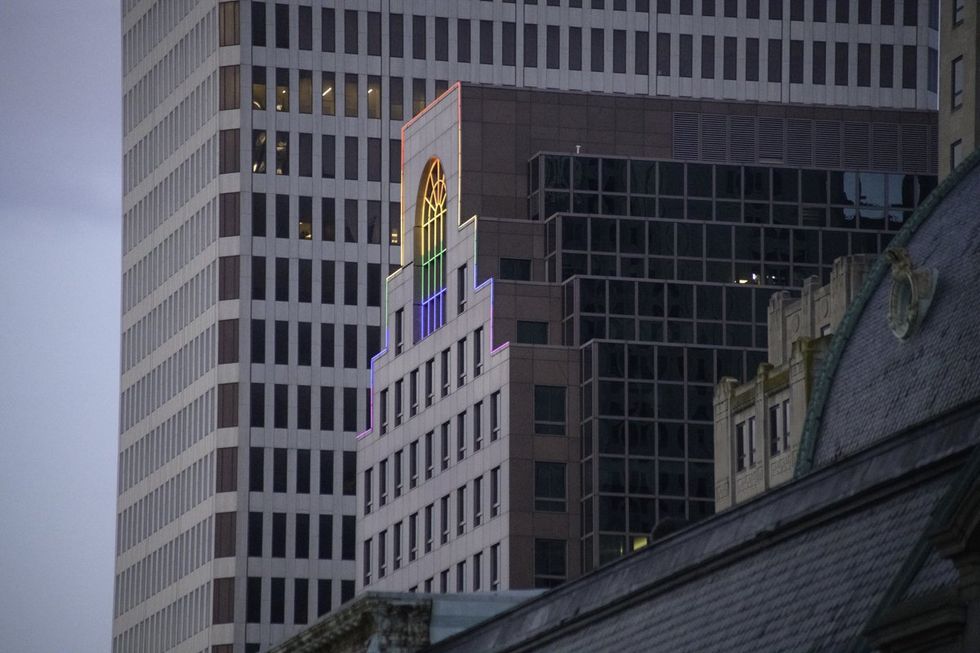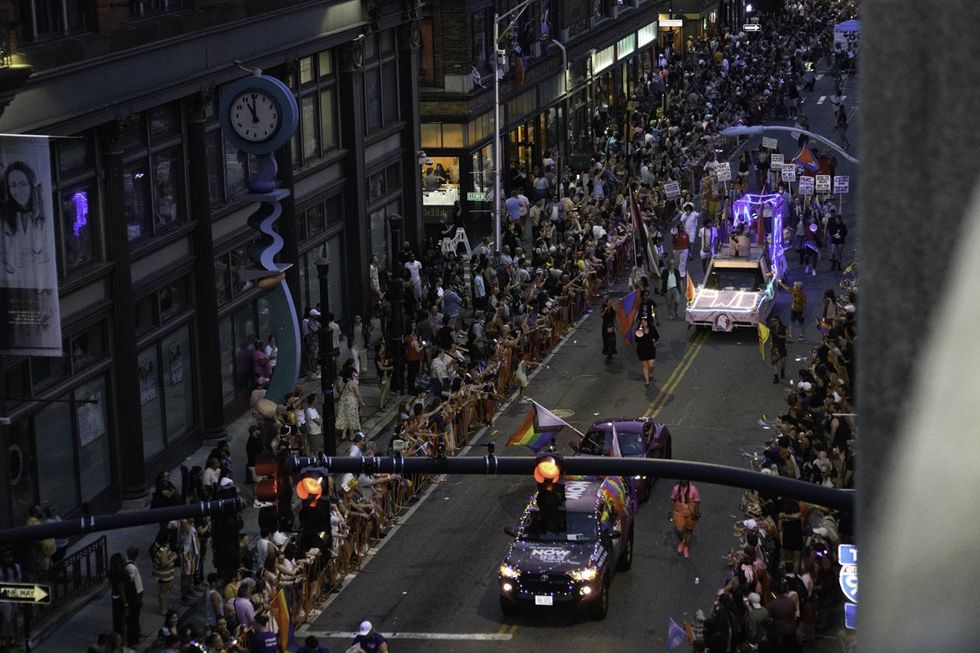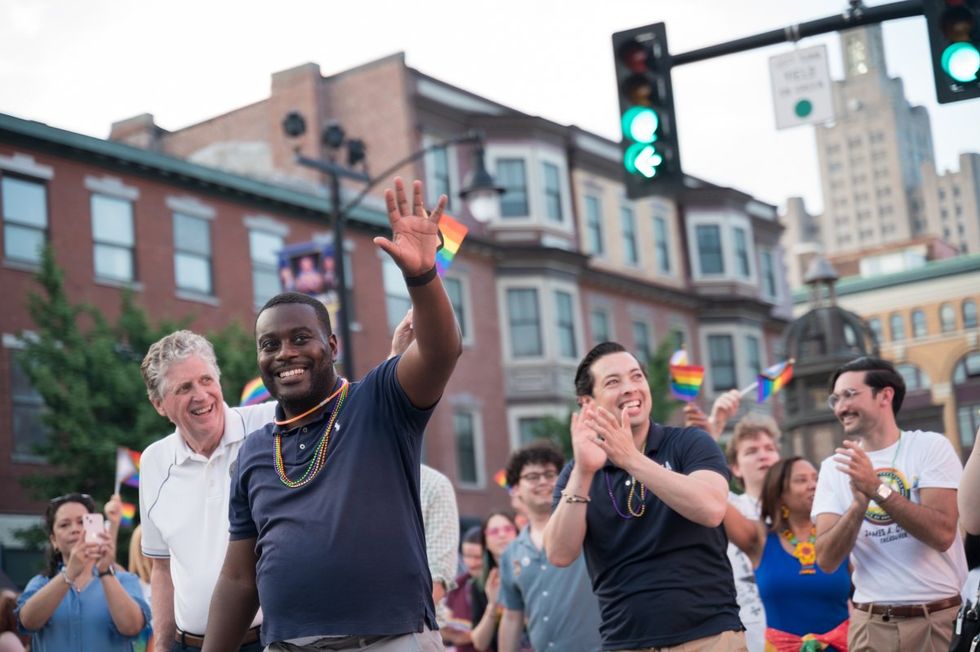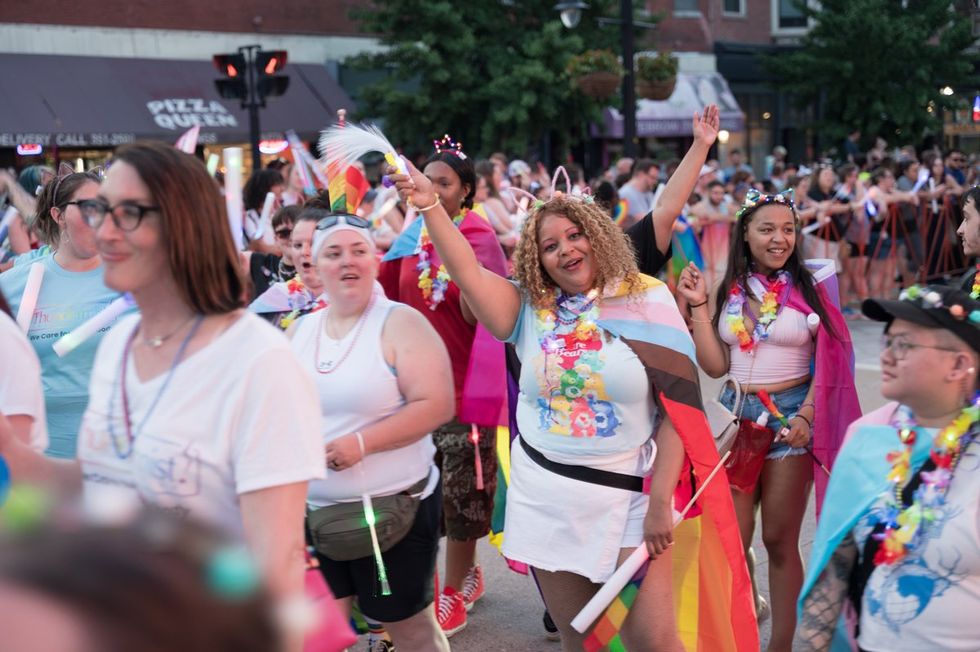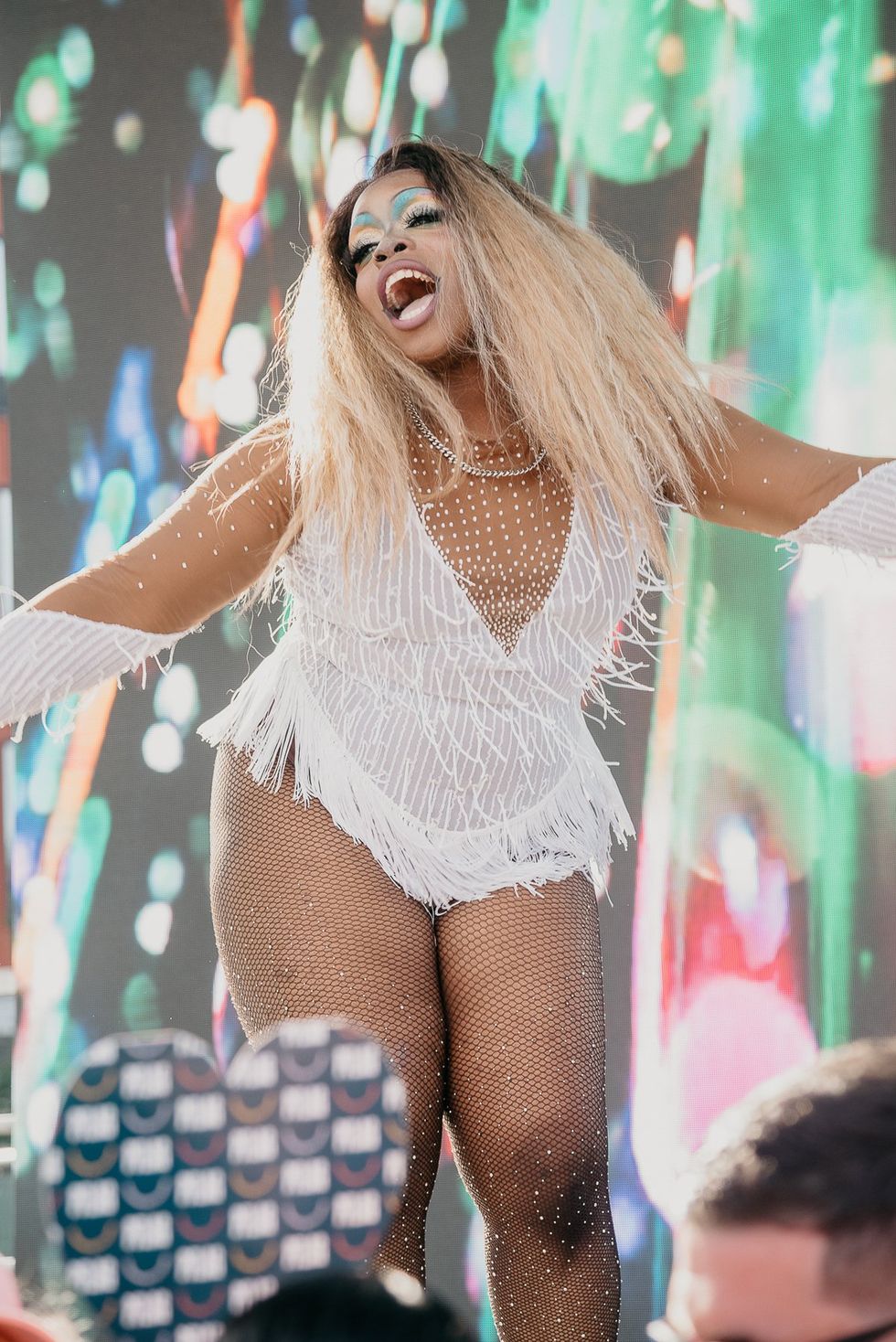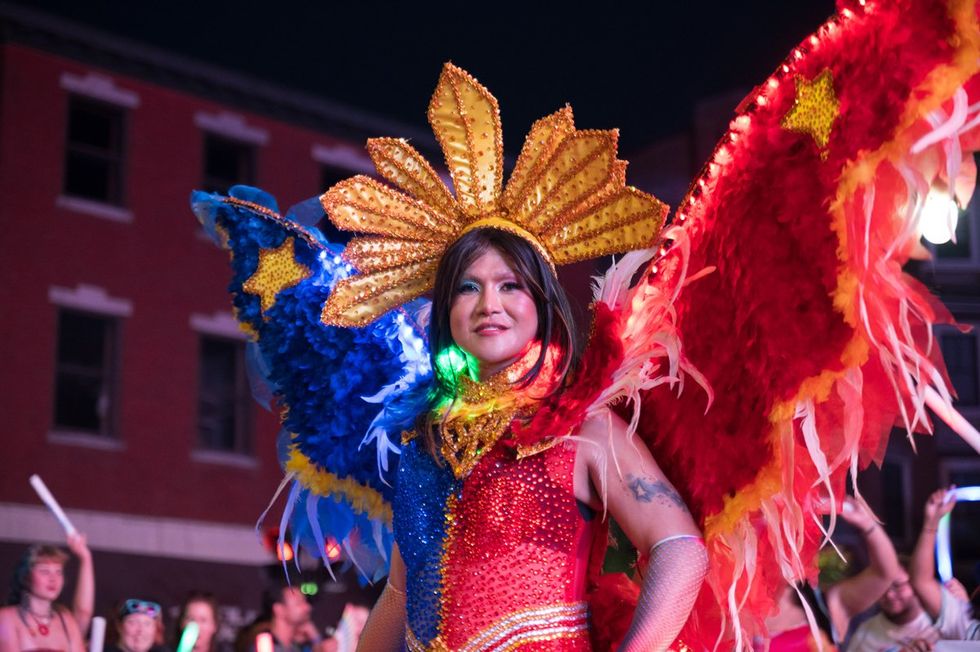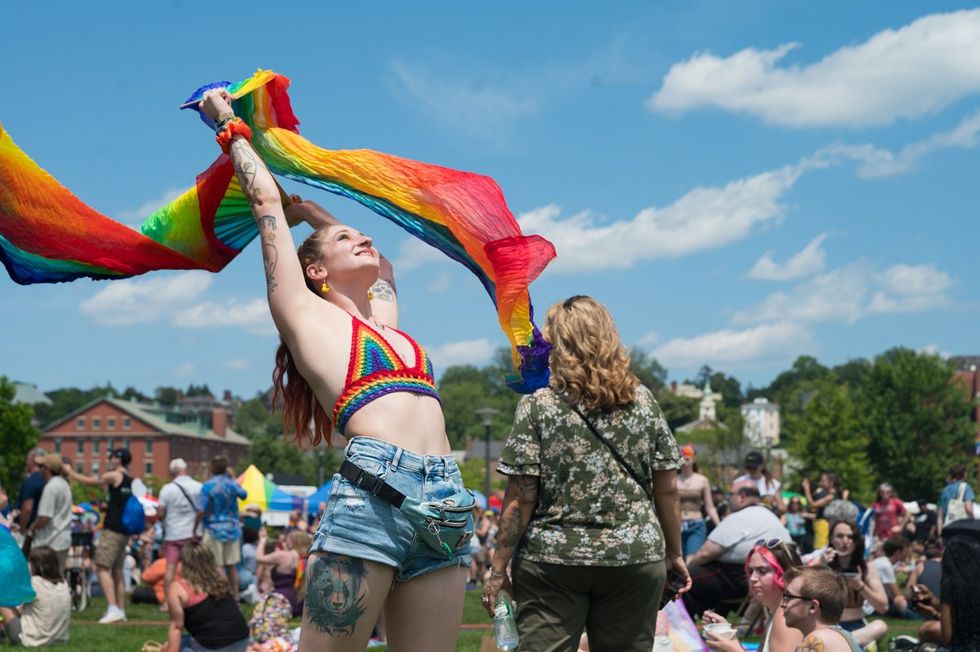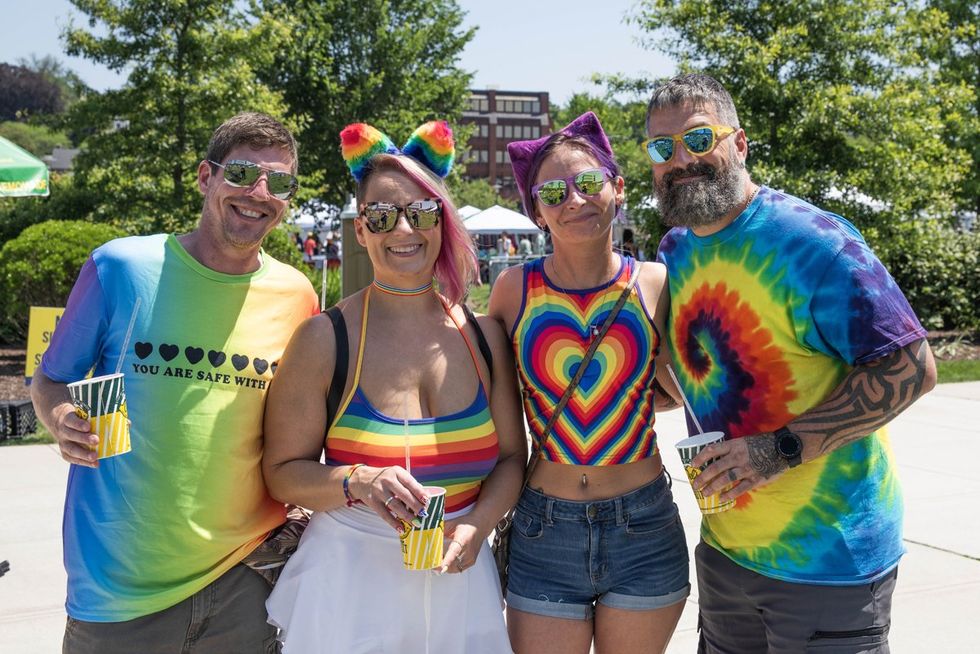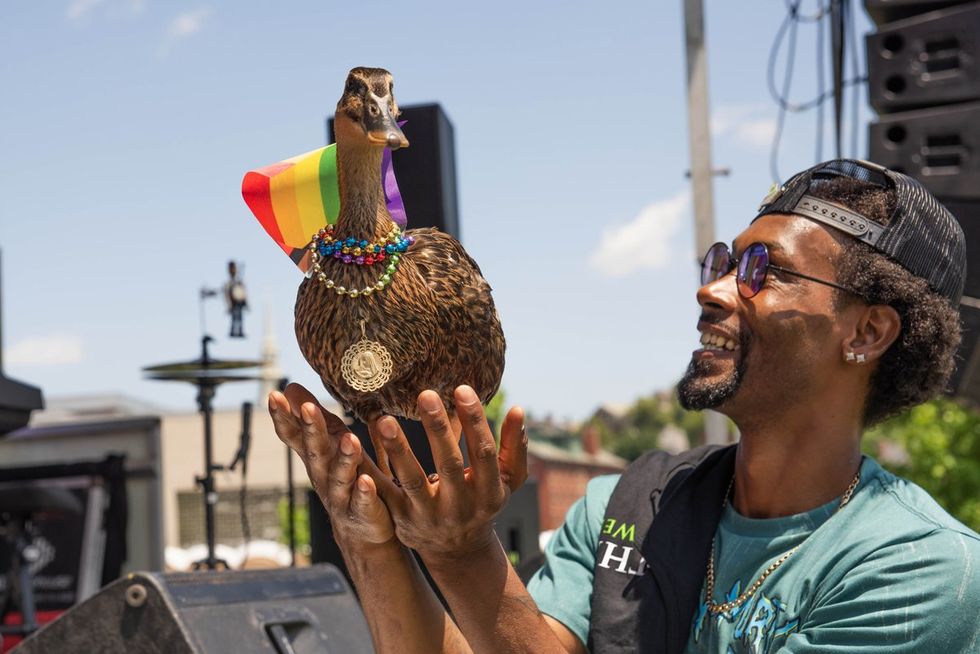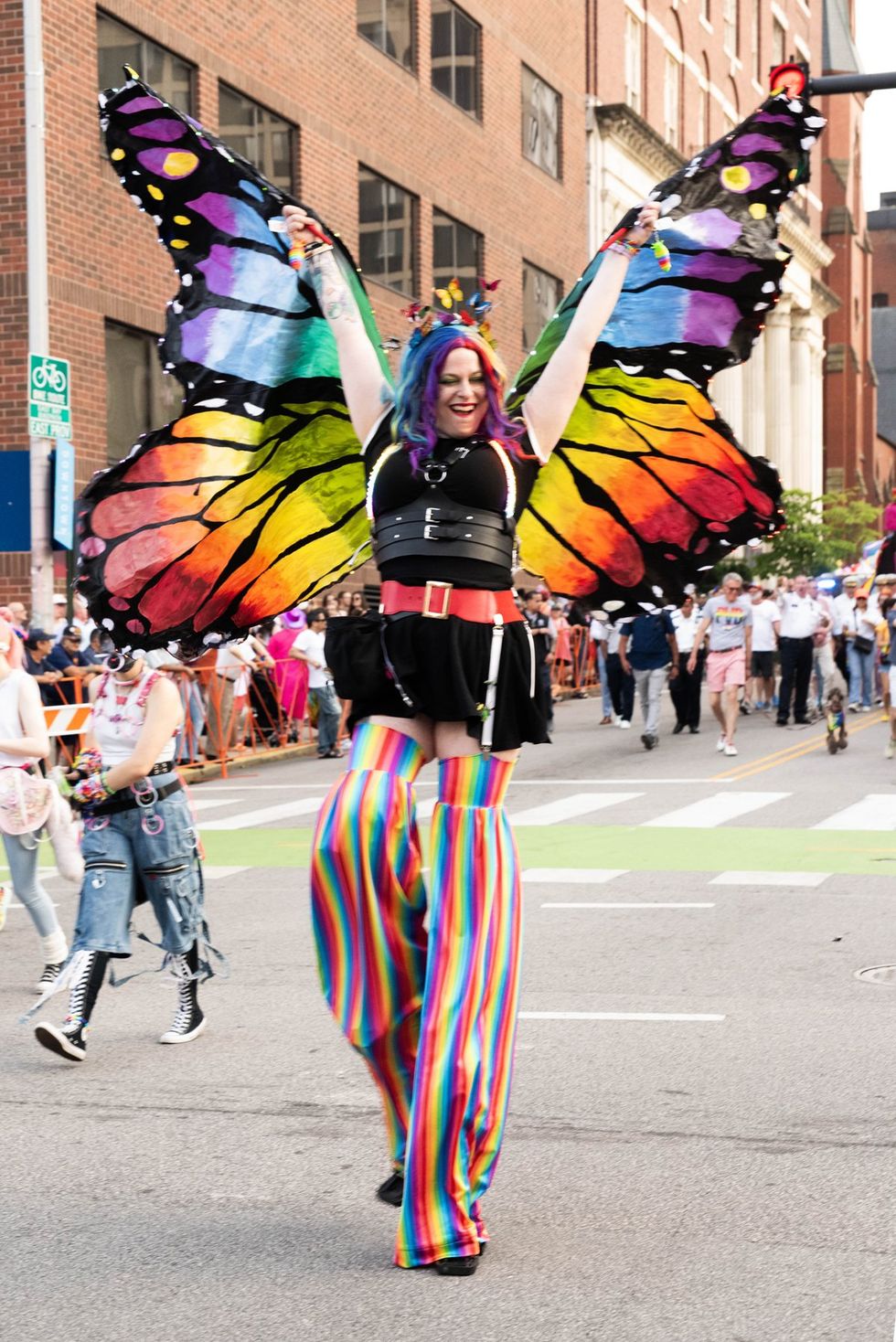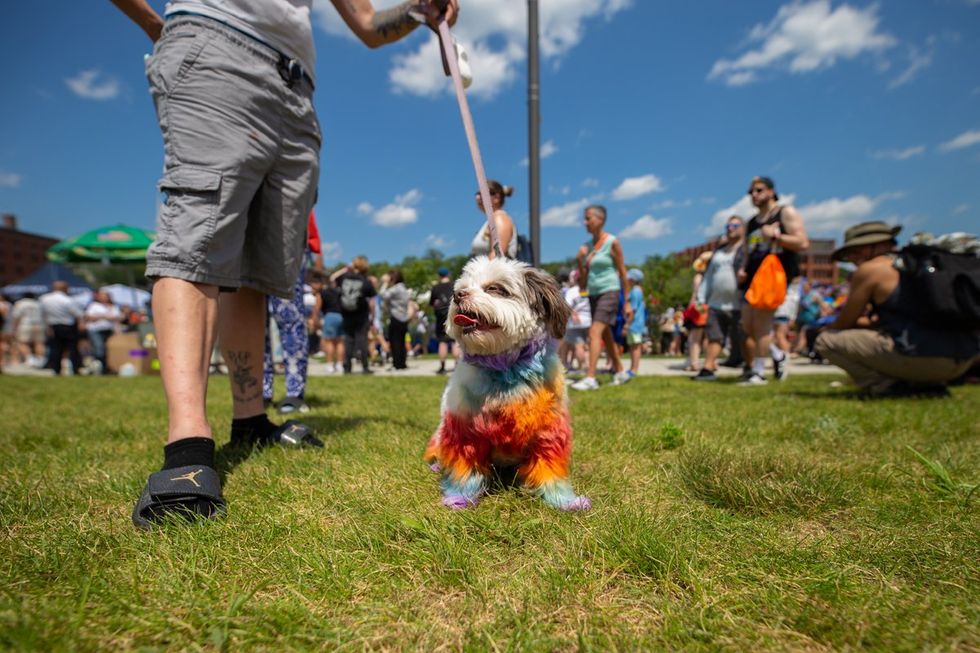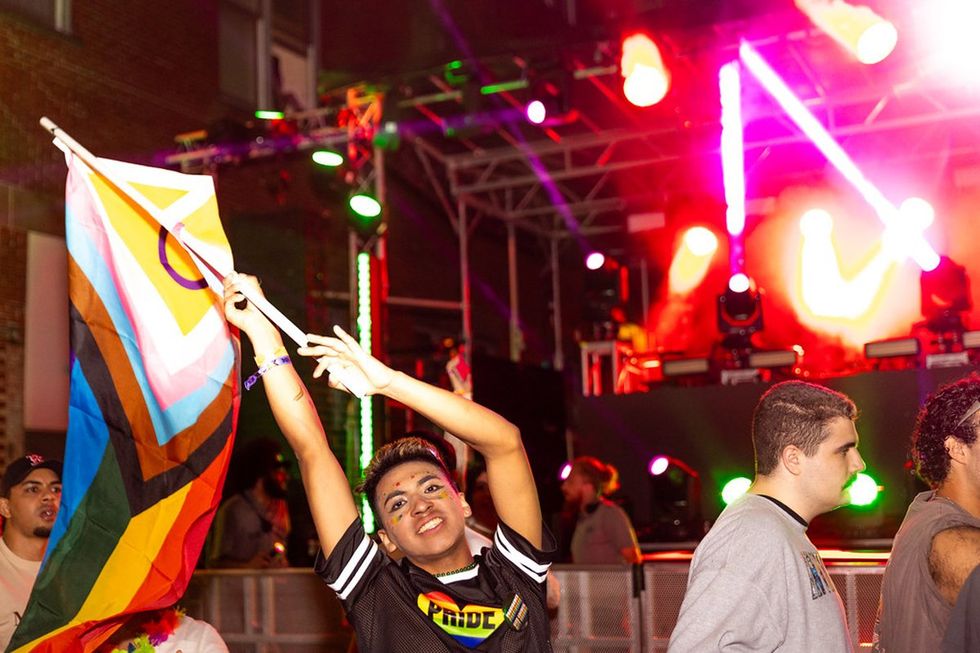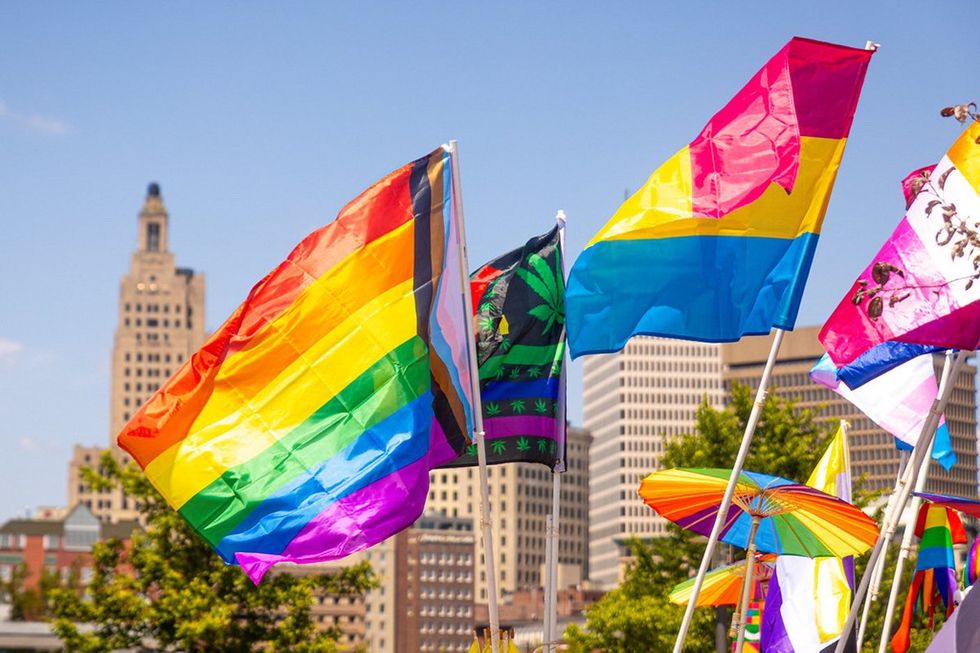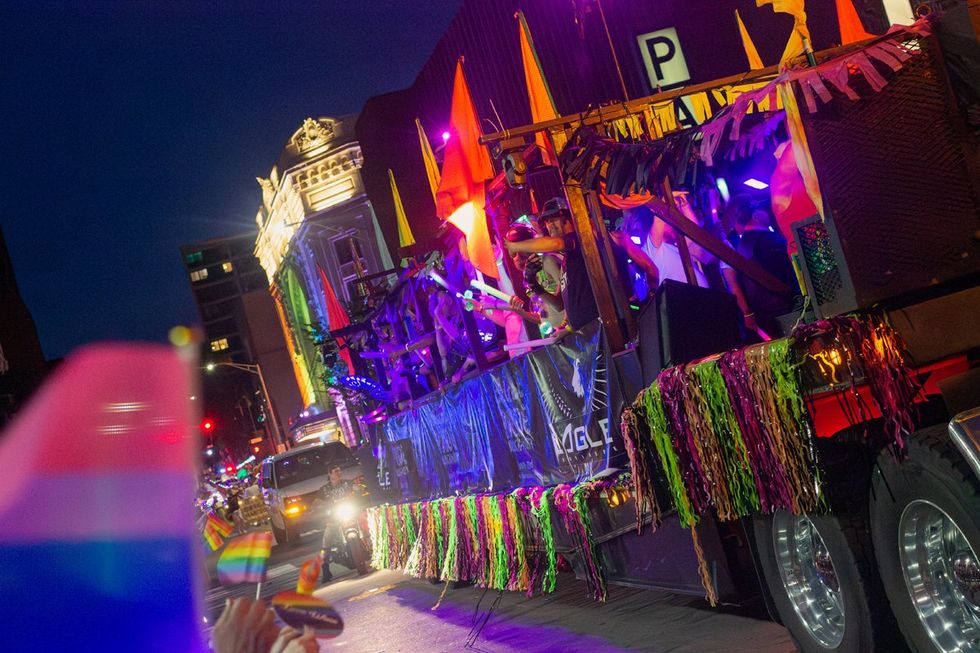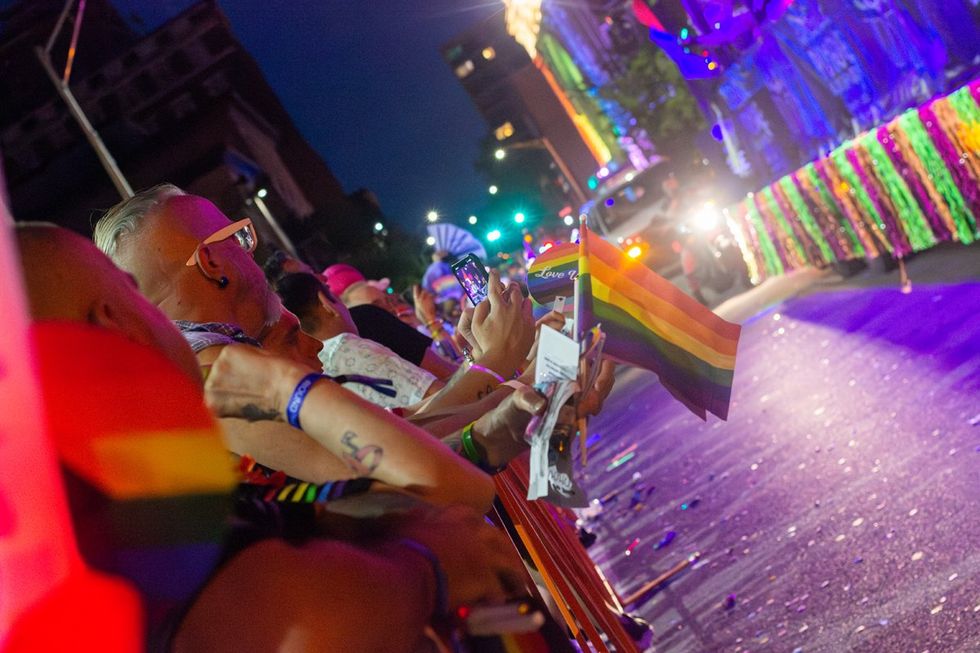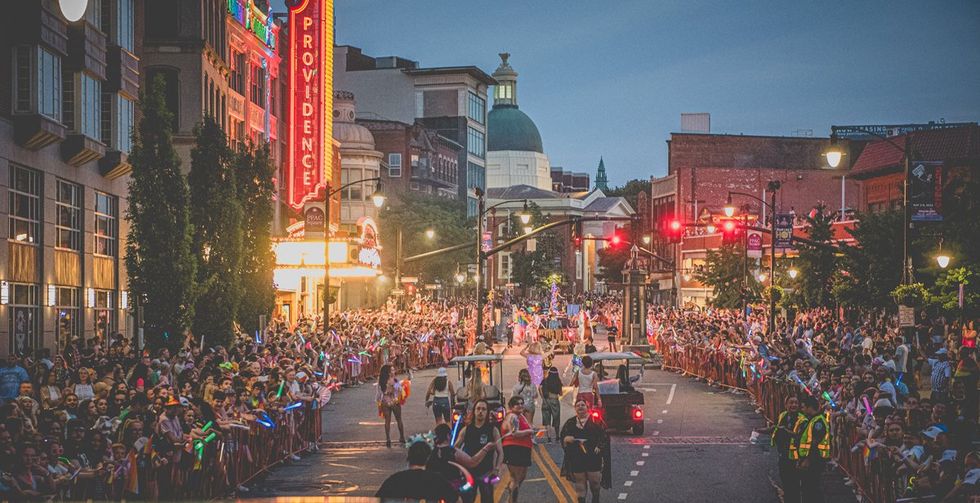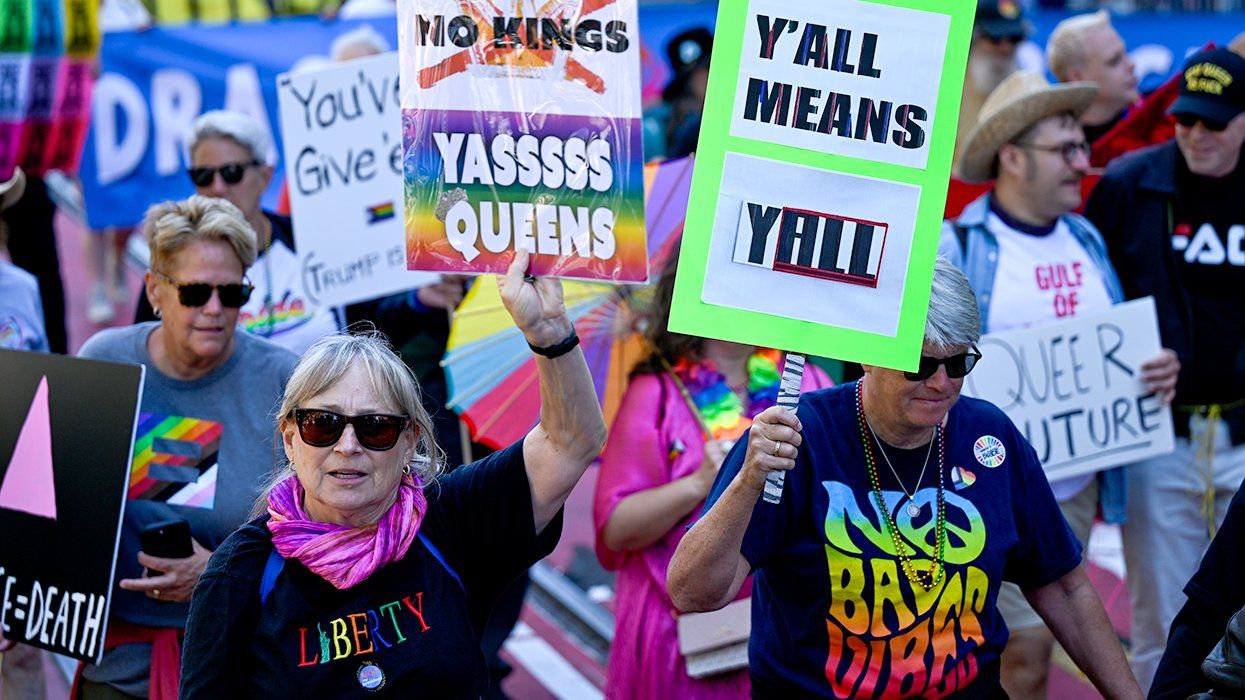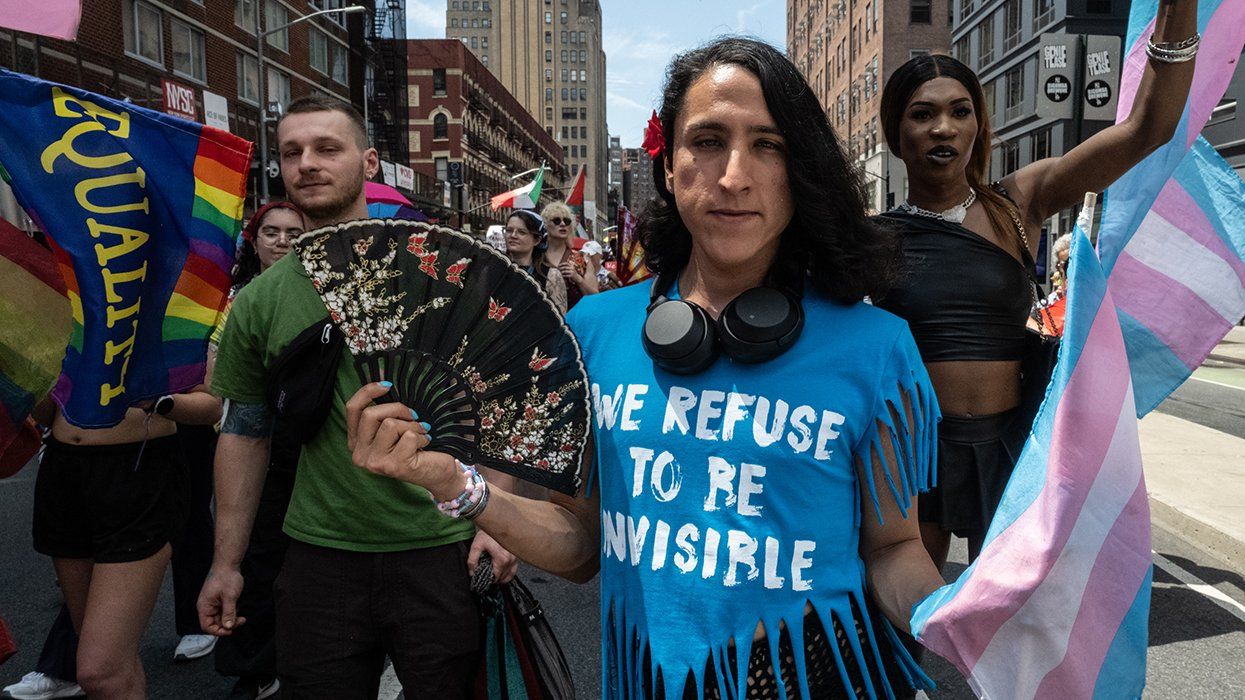Content warning: This article contains mentions of corrective rape and assault.
As we approach another Pride Month, we also have the annual discussions of who should be included at Pride events and who should be allowed to call themselves queer. The fact that we continue to have these discussions year after year shows how we really need to address specific needs within the LGBTQ+ community, and one of the most overlooked groups in the LGBTQ+ community are asexual people.
While the most basic definition of asexuality is someone who doesn't experience sexual attraction, there is an entire spectrum of asexuality that deals with the lack of romantic attraction as well as the lack of sexual attraction. Since those on the asexual spectrum don't fit the ideal standard for sexuality and attraction and asexuality isn't obvious, they are often excluded by both the LGBTQ+ community and allosexuals/alloromantics (i.e. people who experience normal levels of sexual and romantic attraction).
Although asexual and aromantic people have been fighting for recognition, there are some people who think that asexuals aren't oppressed at all. There are also people that think asexuality isn't an orientation and that the "A" in LGBTQIA stands for ally. In the 2011 documentary (A)sexual, queer activist Dan Savage dismissed asexuals in Pride parades based on false notion that asexuality is a choice. If you're offended when people say being gay, lesbian, or bi is a choice, then you can't just say the same thing about asexuals.
Not only do asexuals and aromantics experience oppression, but they can experience it in ways that are similar to the rest of the LGBTQ community. Some asexuals and aromantics are raped or assaulted because acemisia (i.e. acephobia) makes a lack of sexual or romantic attraction seem like flirting, a come-on, or something that needs fixing. This is similar to how some people assume that homosexuality can be cured or that bisexuality is an invitation for a three-some.
Another factor to consider when it comes to asexuals and oppression is that some asexuals also have other identities that overlap with their asexuality. There are biromantic asexuals, transgender asexuals, and heteroromantic asexuals. There are also asexual people of color, like myself, that have to deal with expectations and stereotypes about sex based on our race.
As a Black non-binary queer grey romantic-asexual, I've had plenty of opportunities to feel excluded based on my race, gender identity and expression, and my queerness. I've seen queer trans people of color erased from the past and present. I've been told that being a non-binary femme doesn't make sense. Now, I'm being told that my asexuality isn't queer just because I experience attraction differently.
In order to change how we view those on the asexual spectrum, we need to change how we view attraction, romance, sex, and relationships. Some people think that you only experience romantic and sexual attraction. Some people think that you can't have romance without sex and vice versa, but you can. Some people think that a romantic relationship is always necessary when some people are content with just friendships and family.
Despite the lack of sexual or romantic attraction, asexuals and aromantics have feelings and relationships that deserve to be acknowledged and respected. Being straight and cisgender is not the only norm because sexual and romantic attraction are seen as normal too. Asexuals are here and queer and we should be able to be proud as everyone else.
